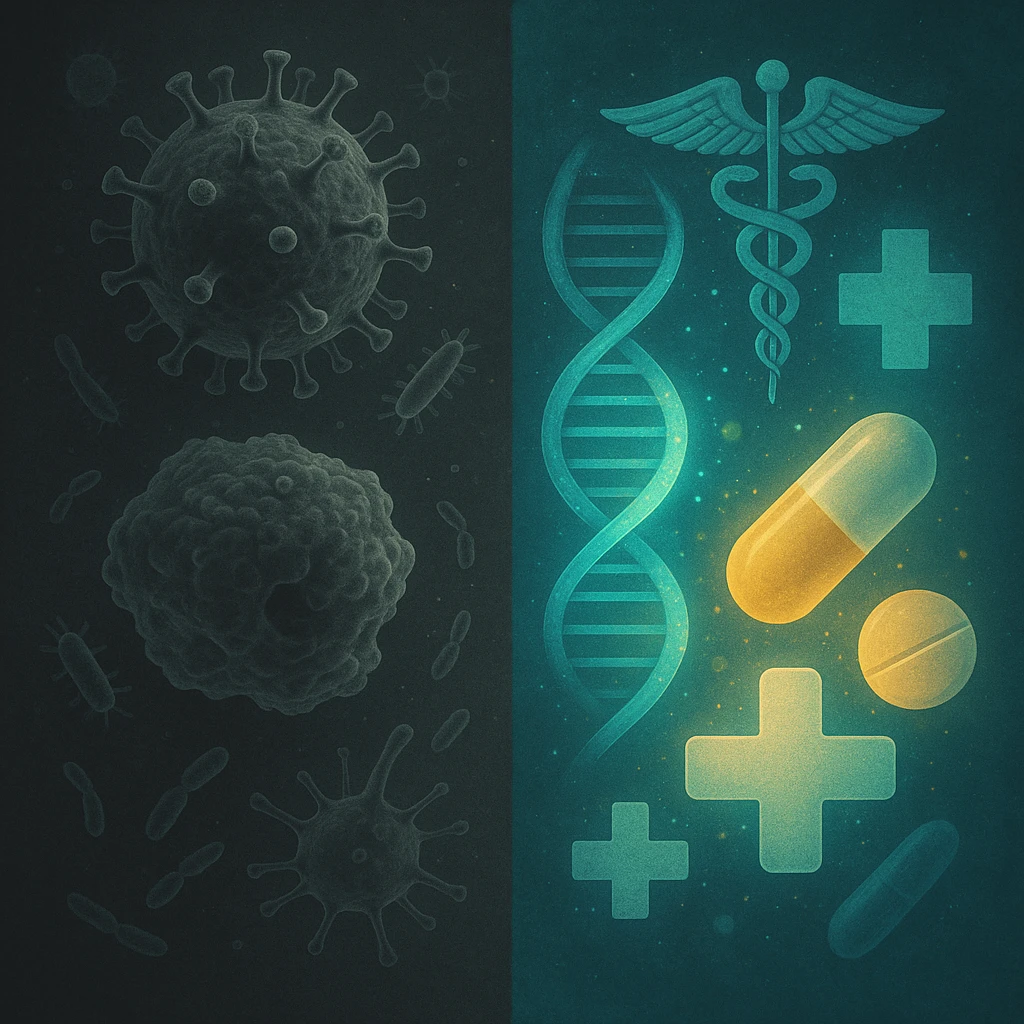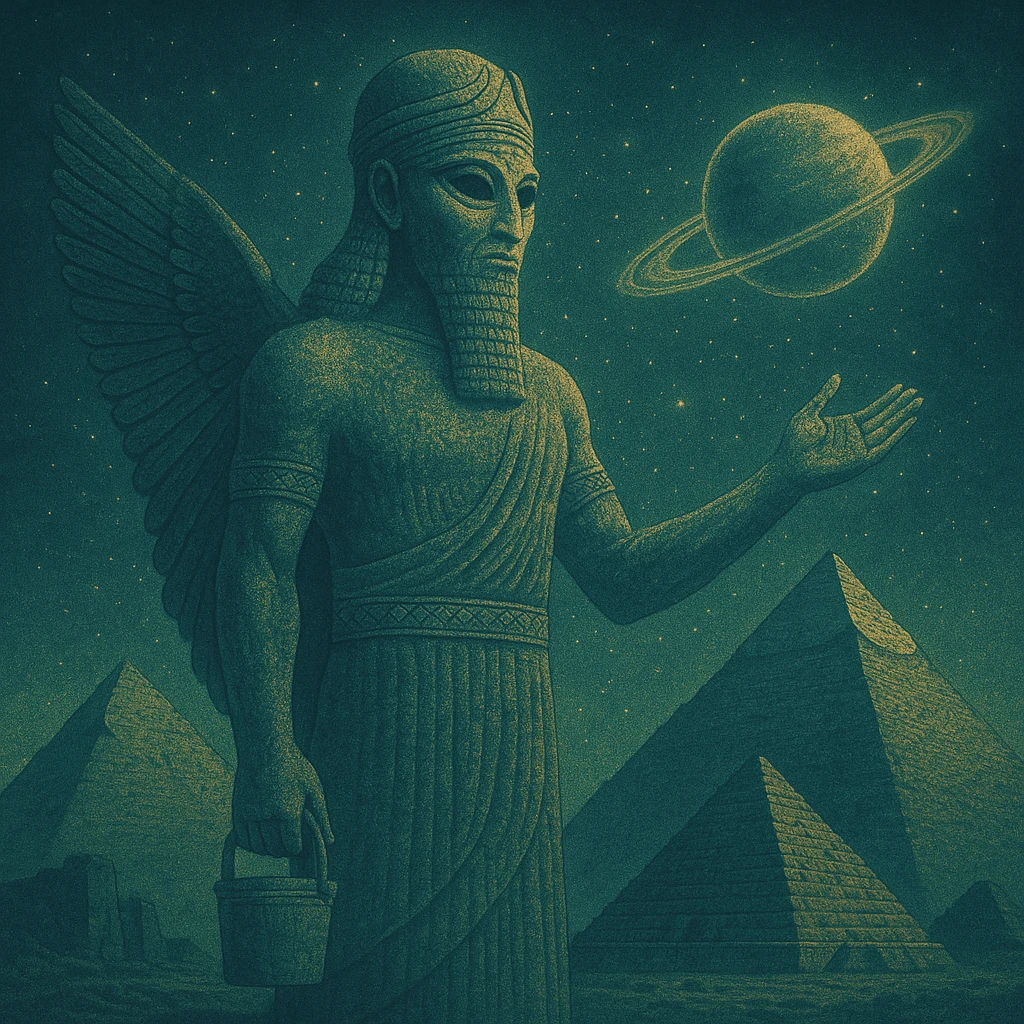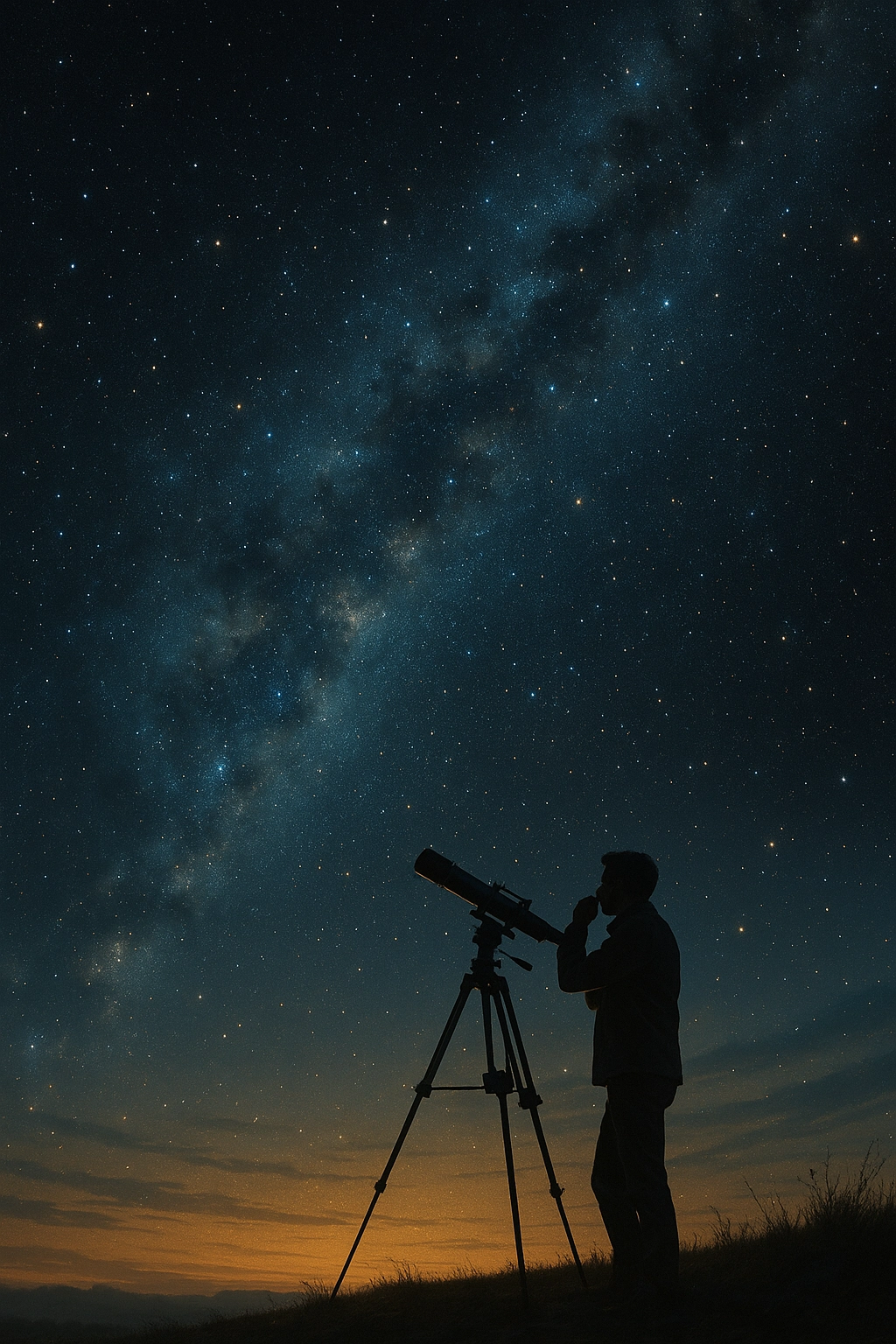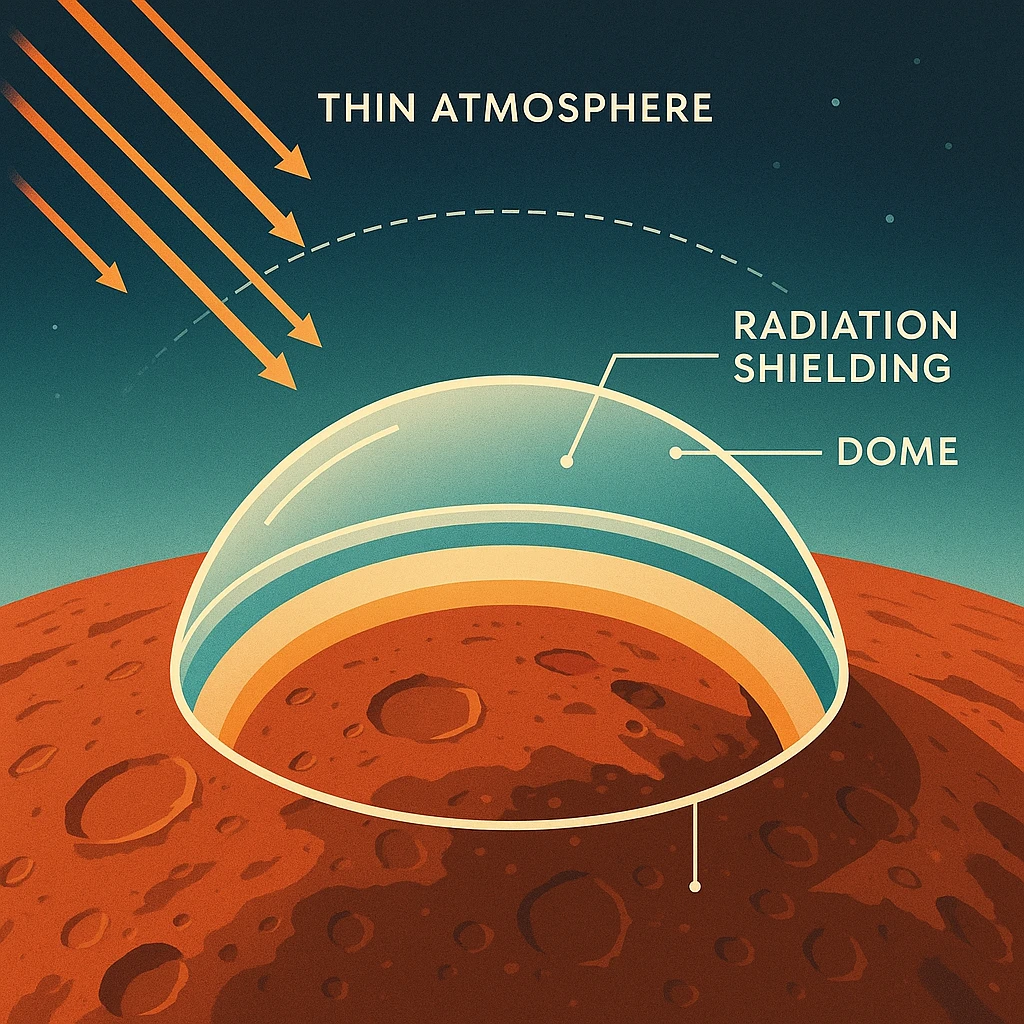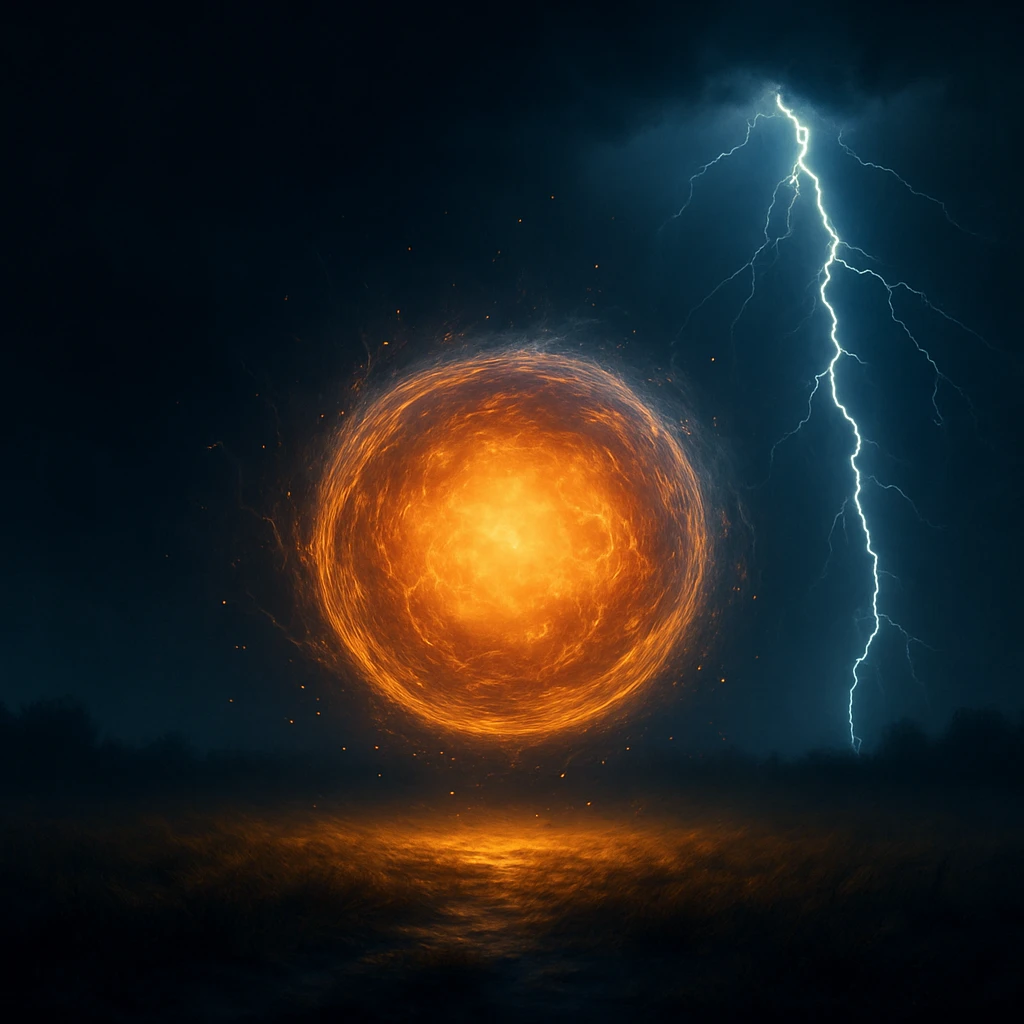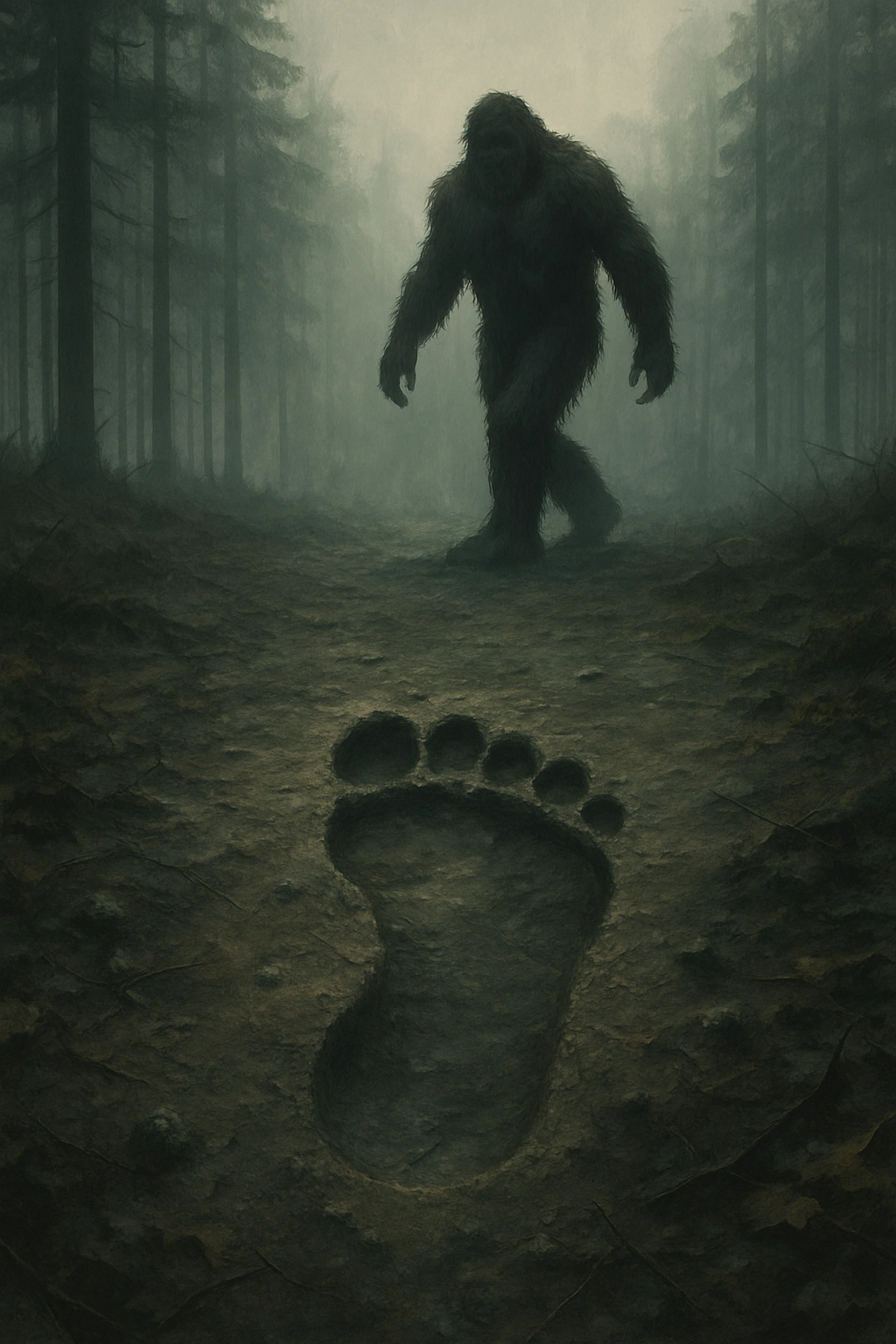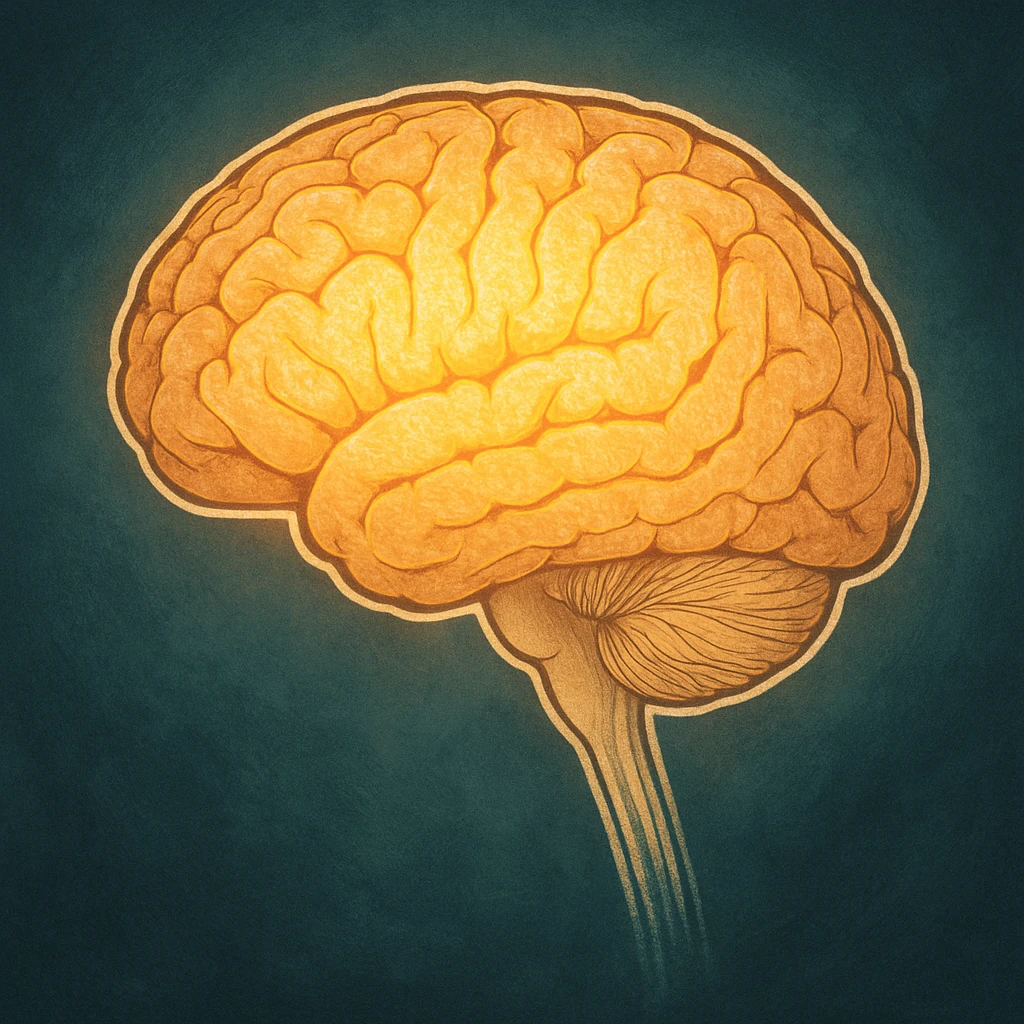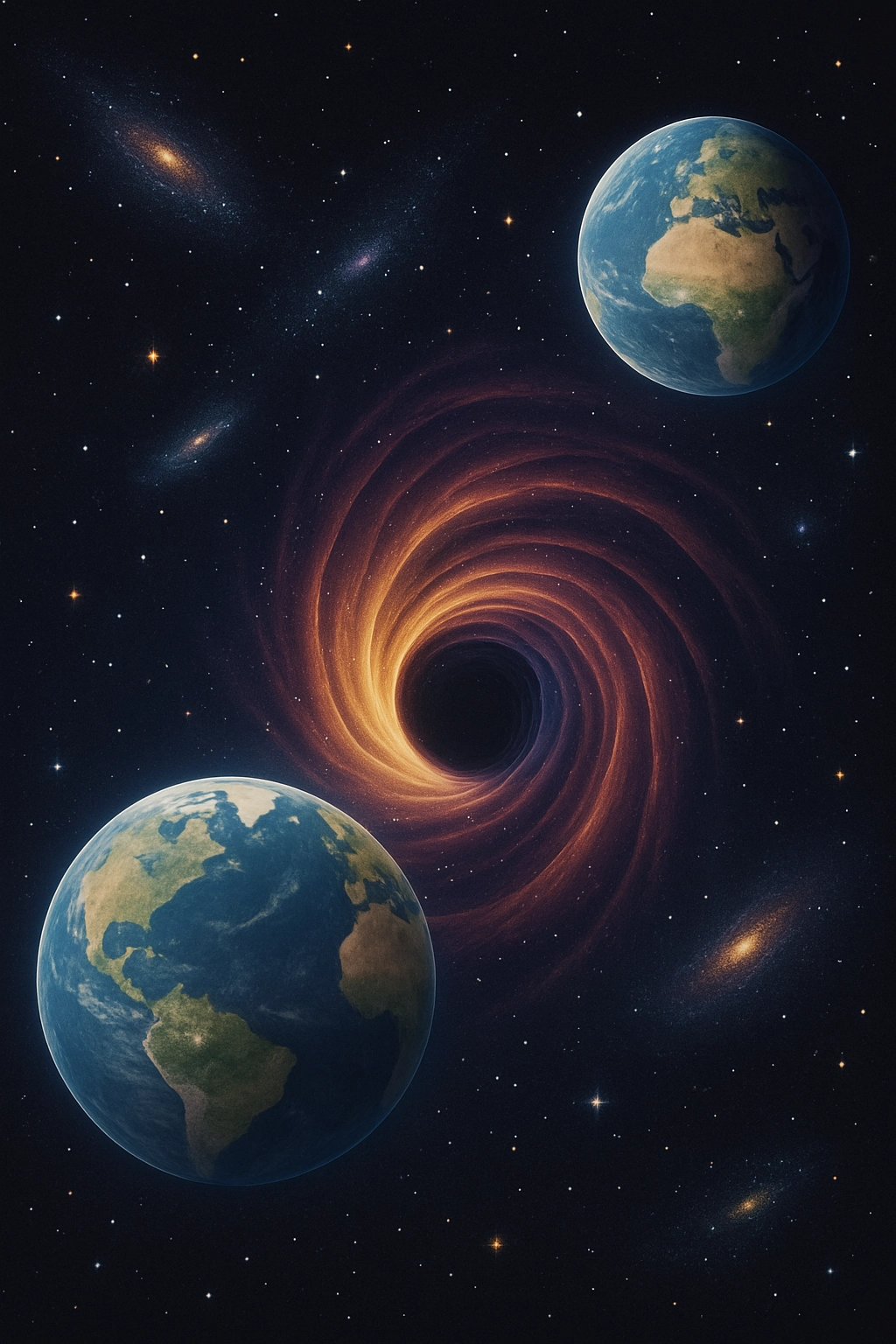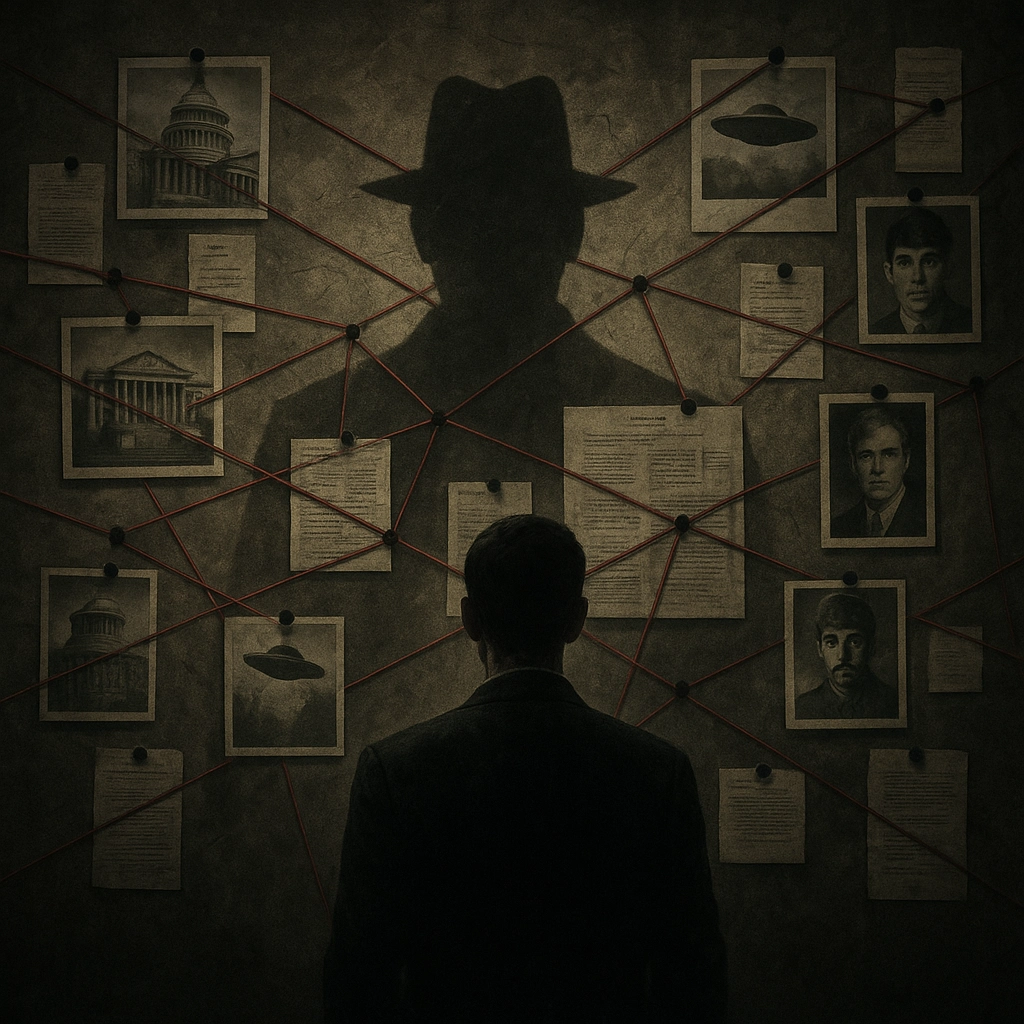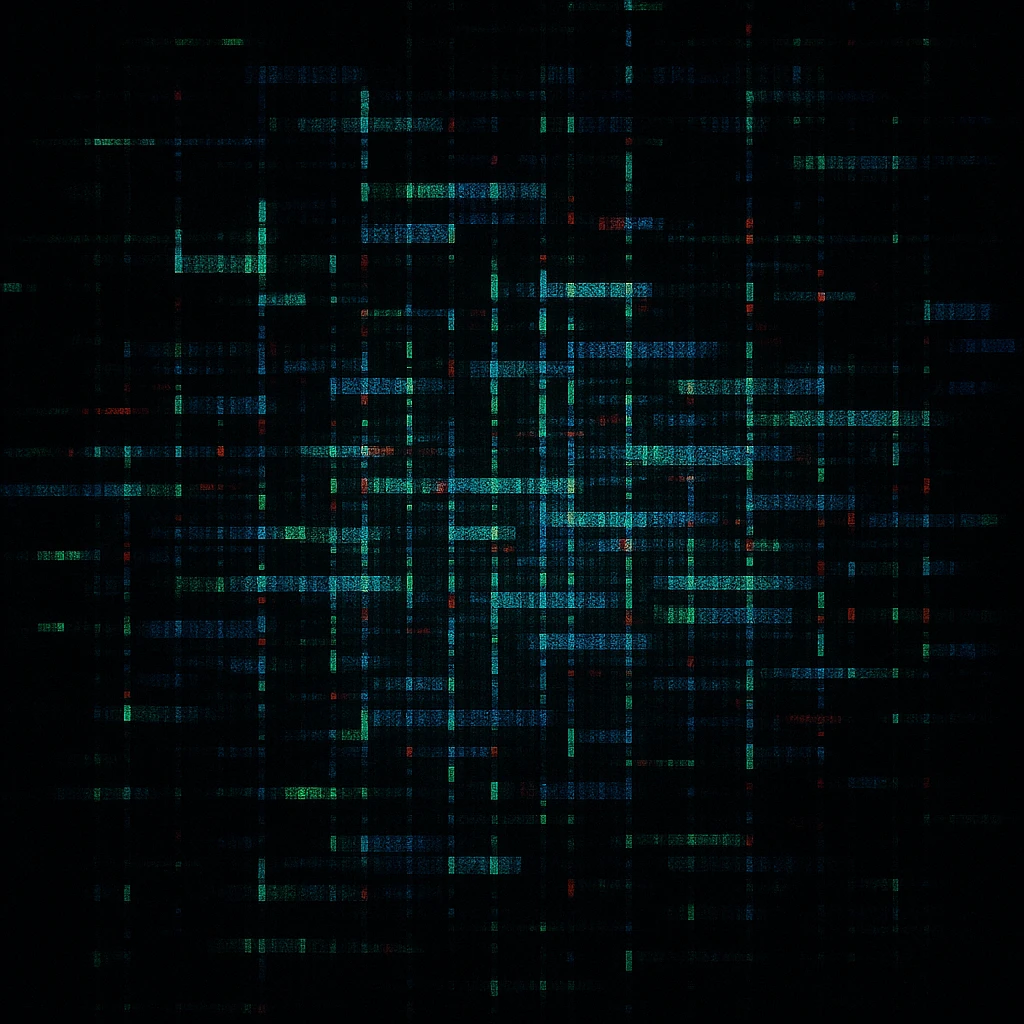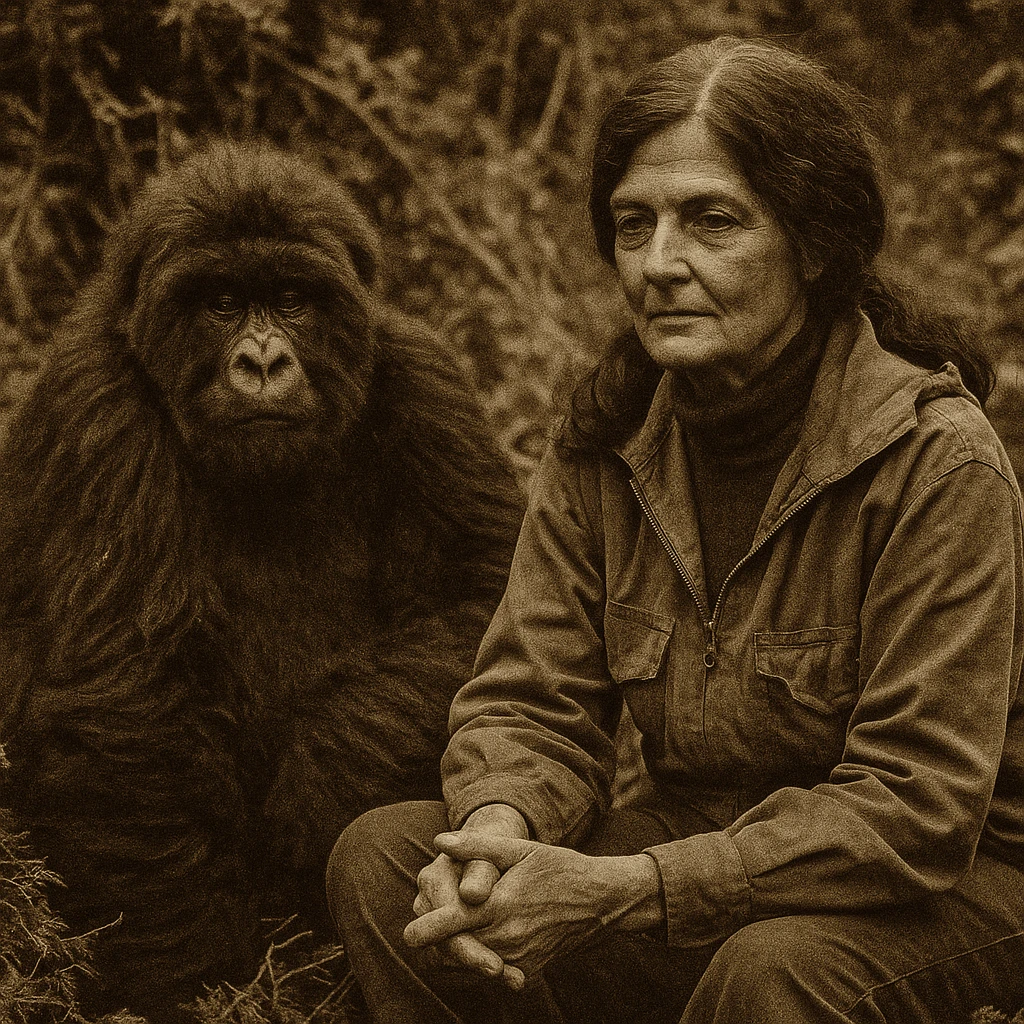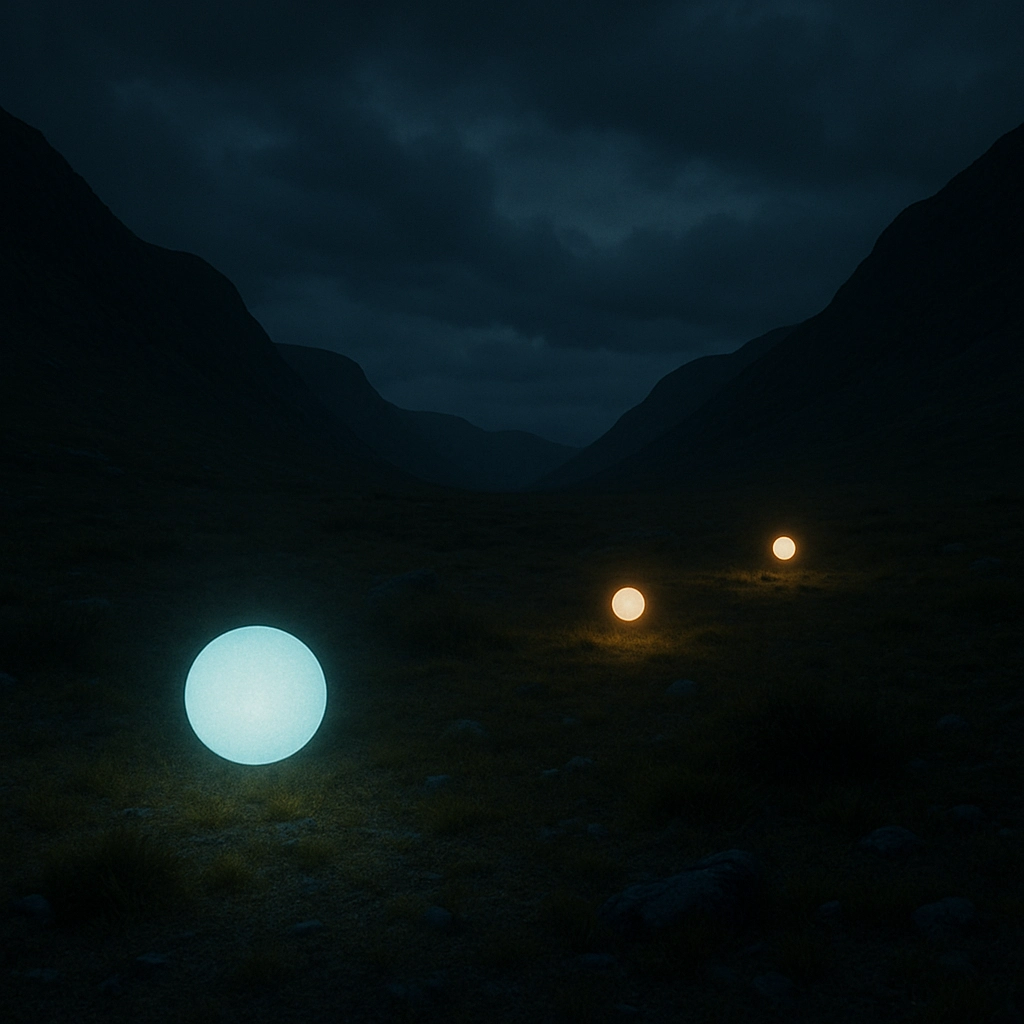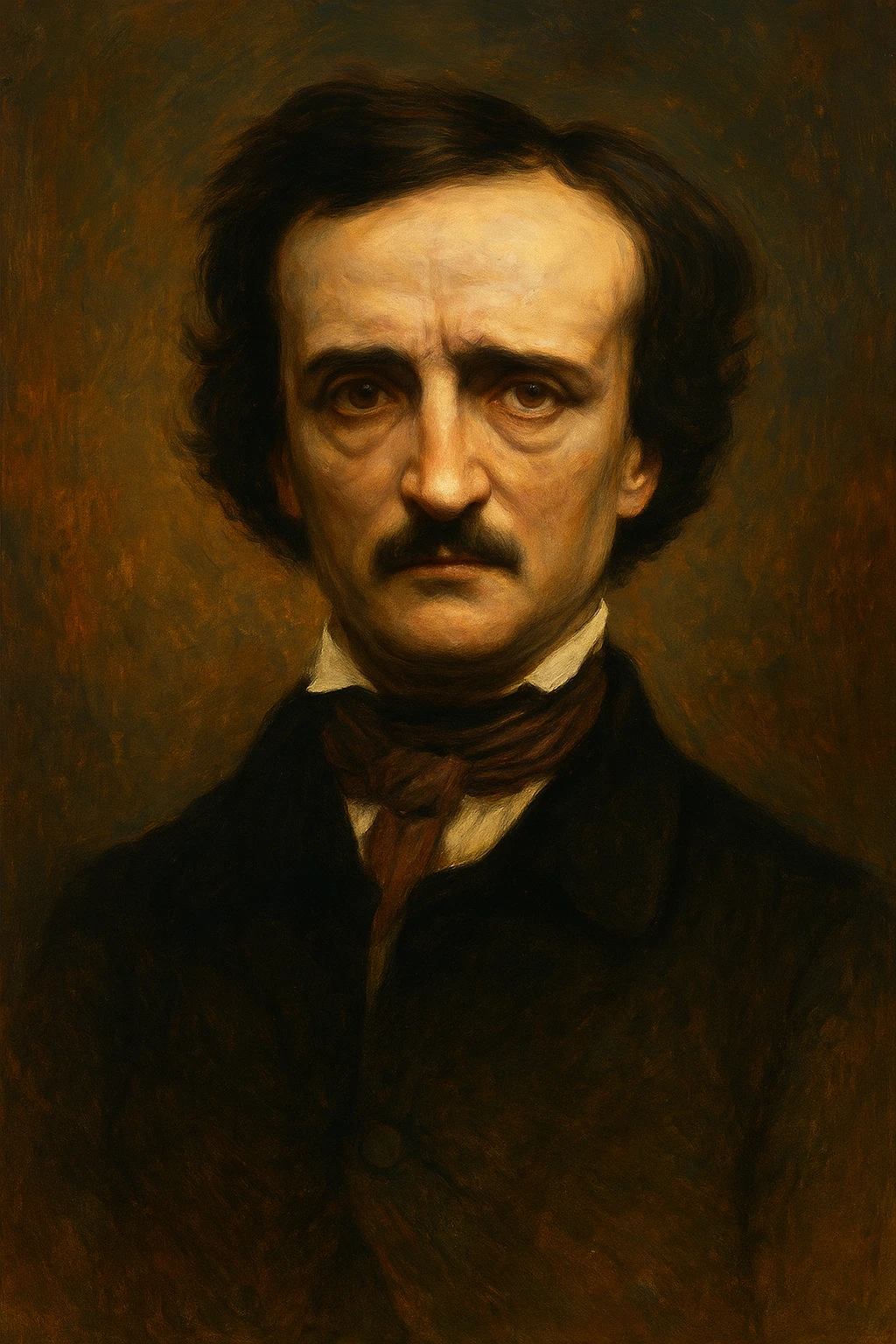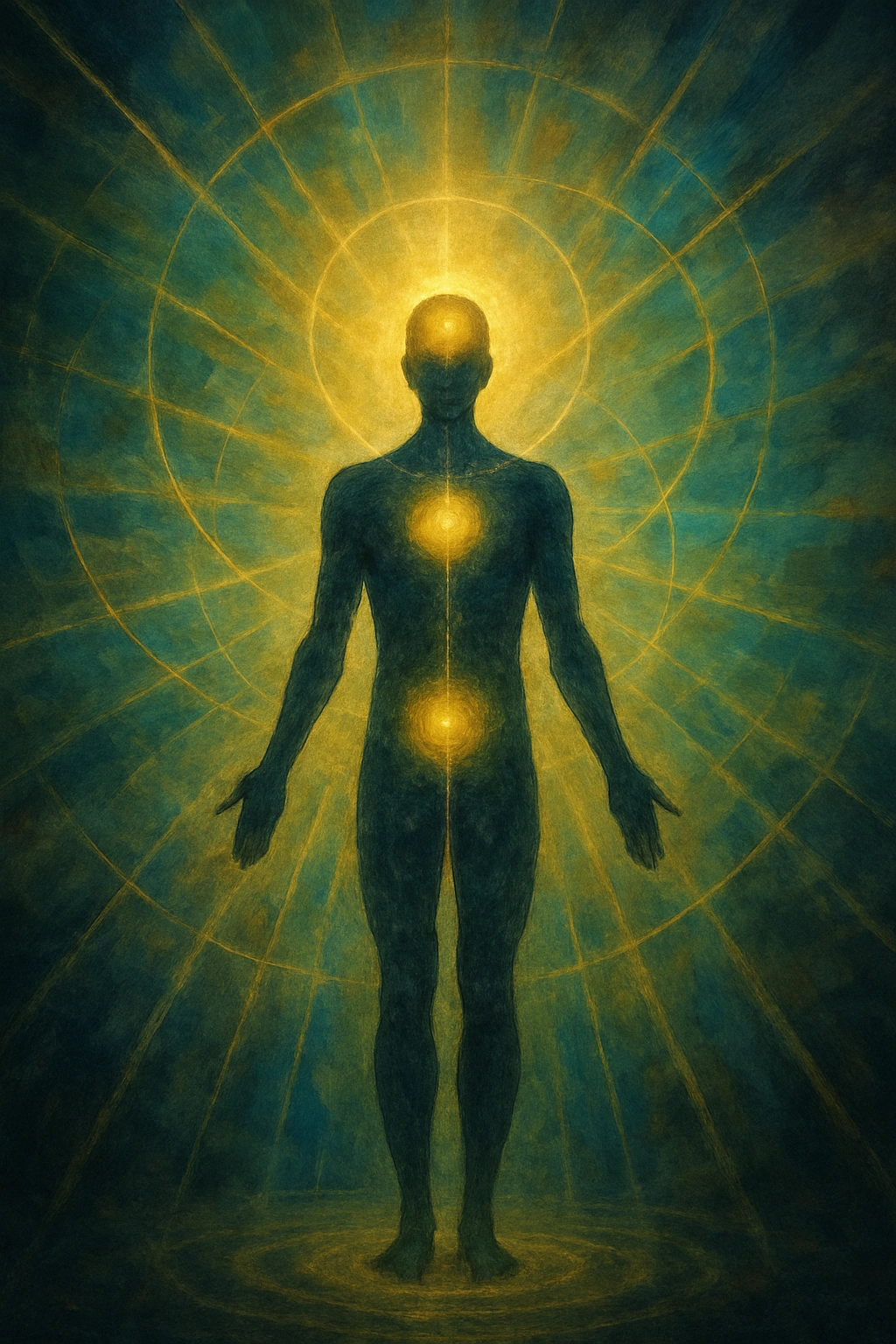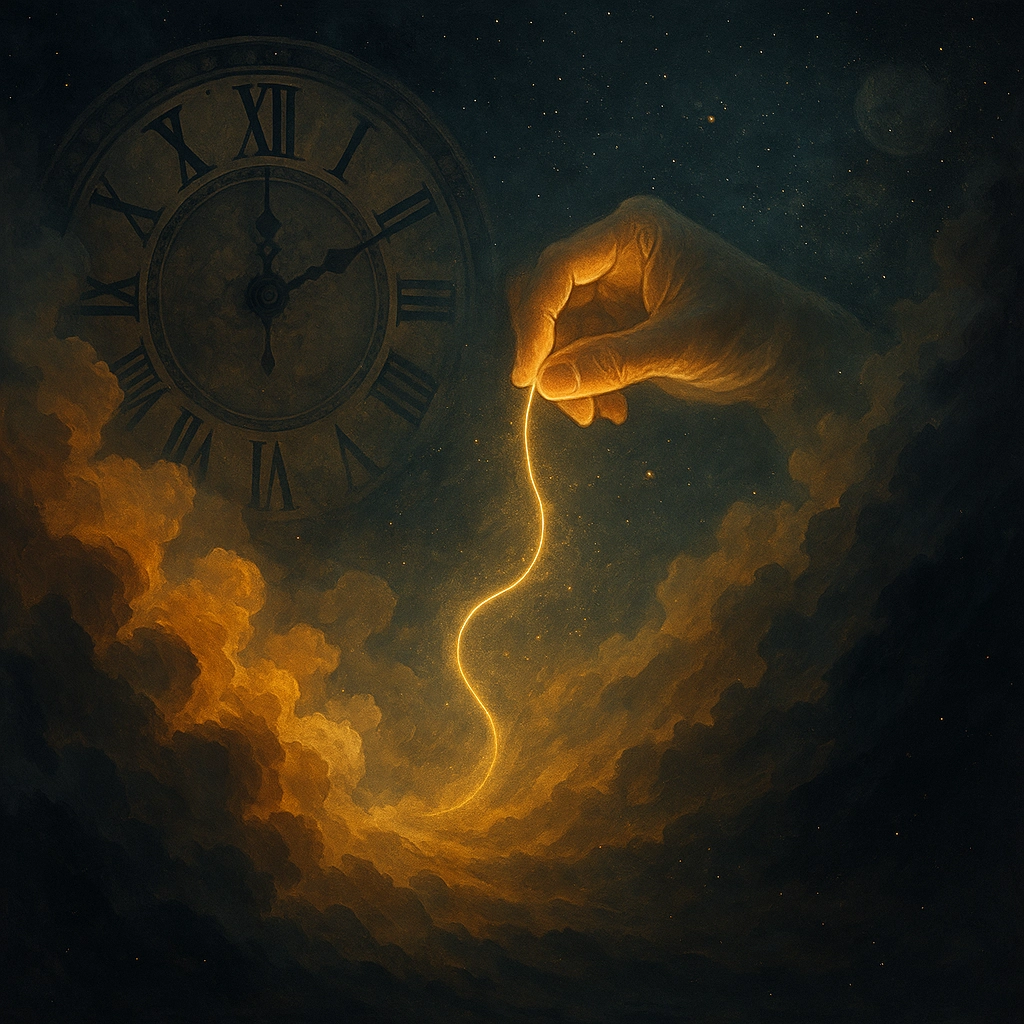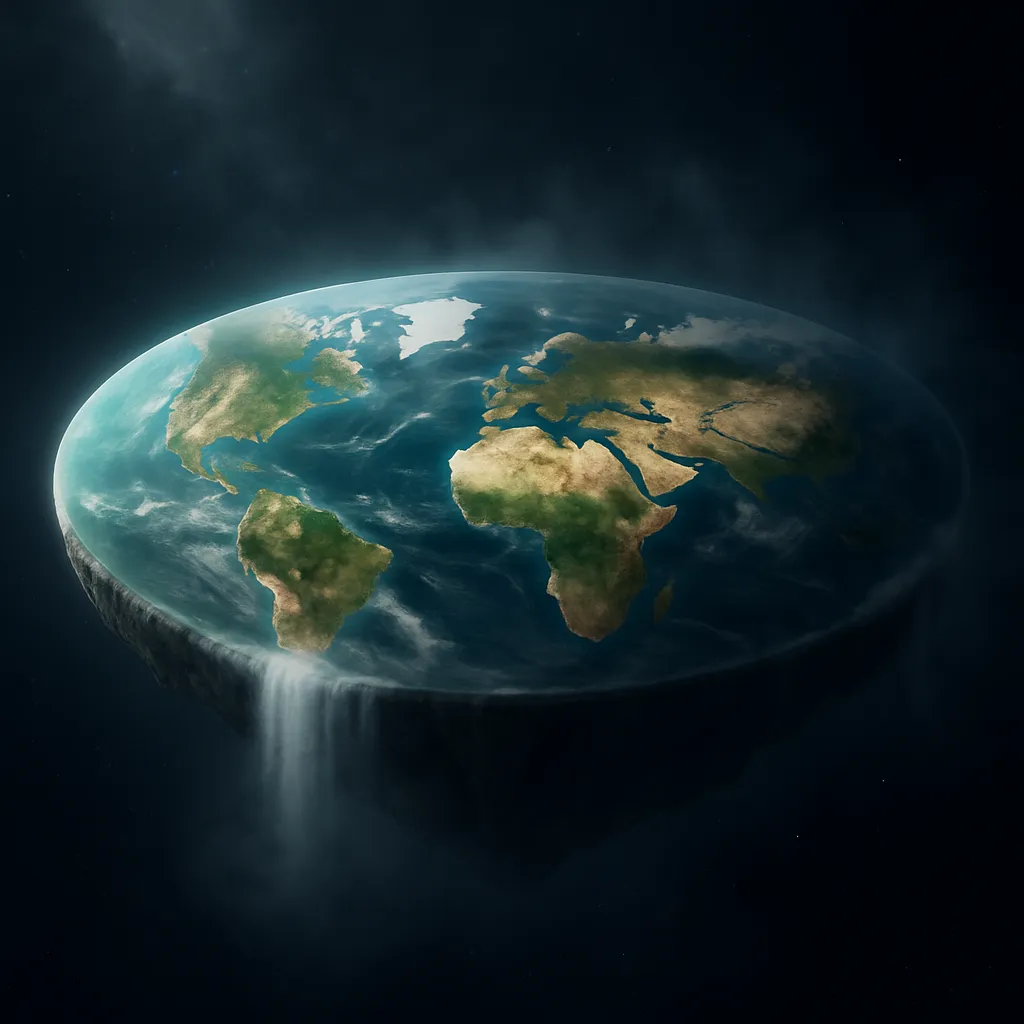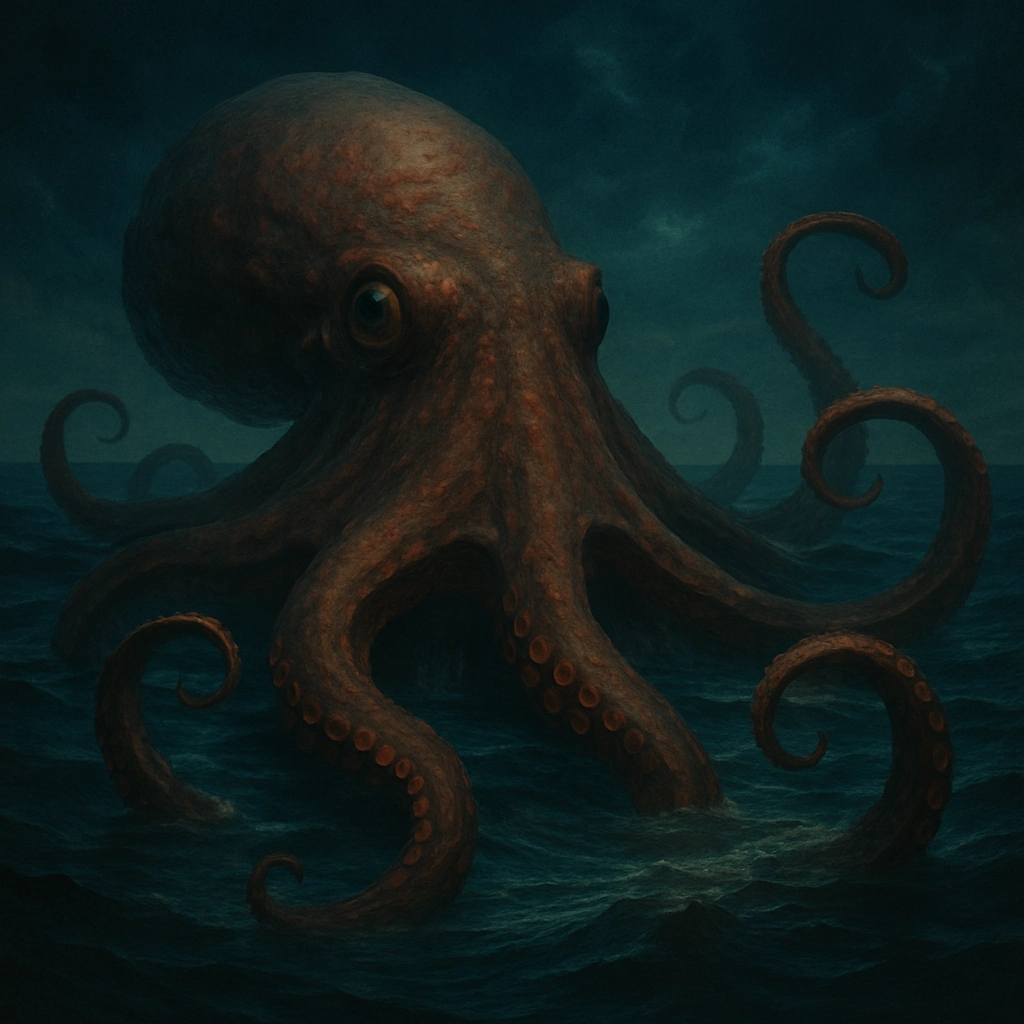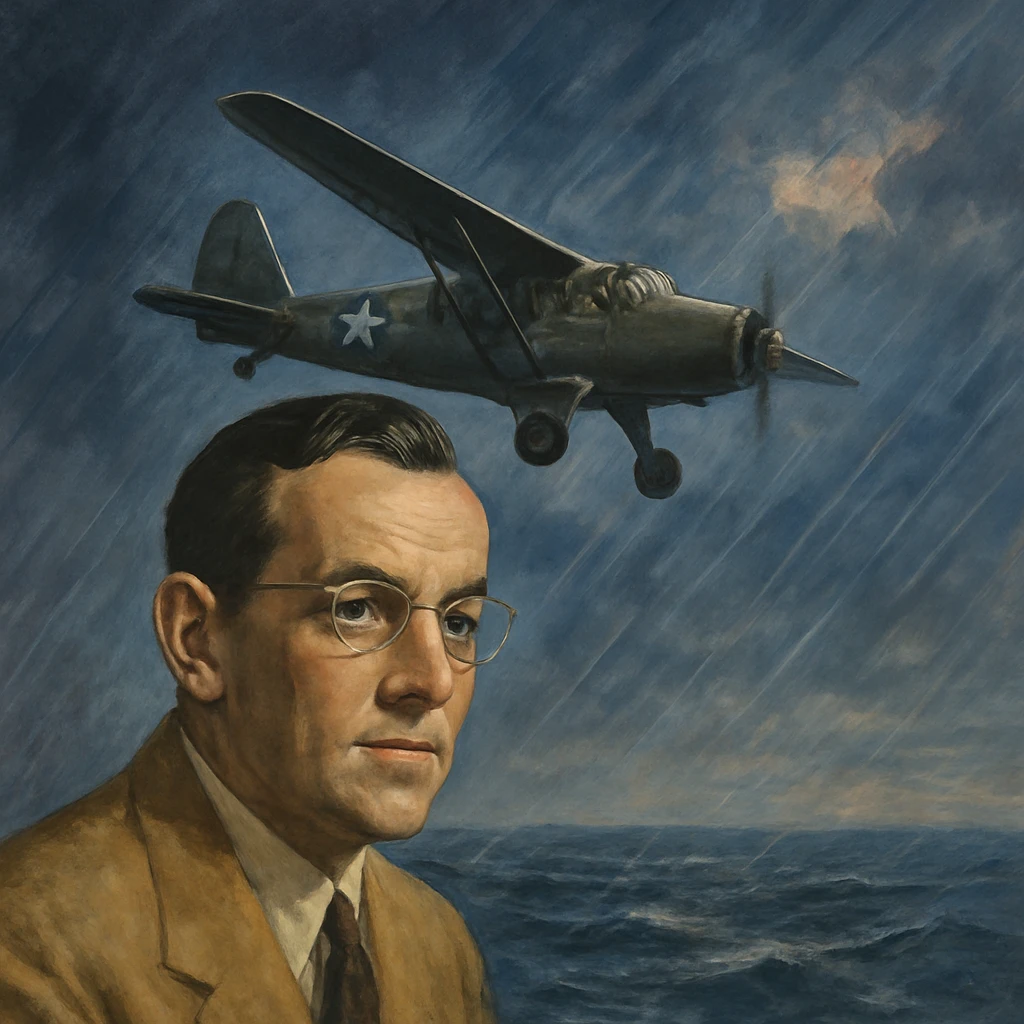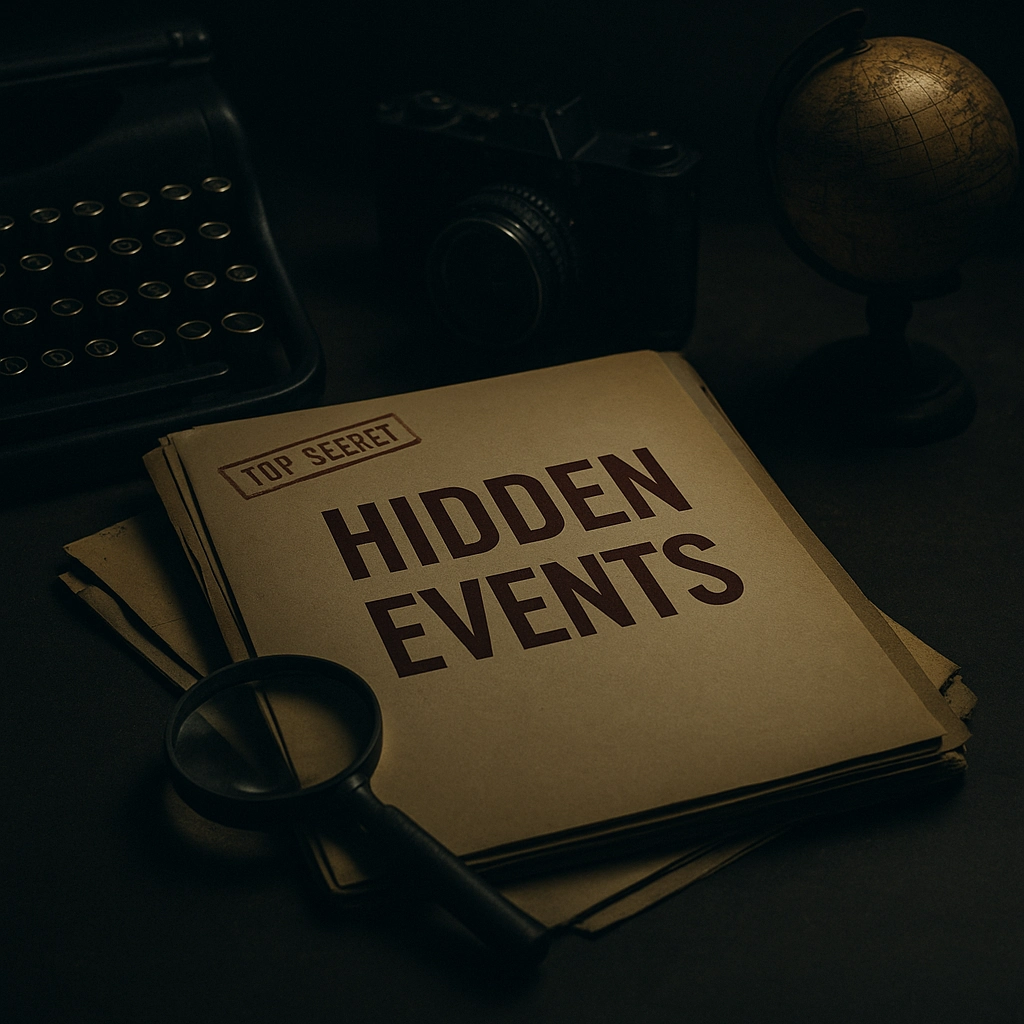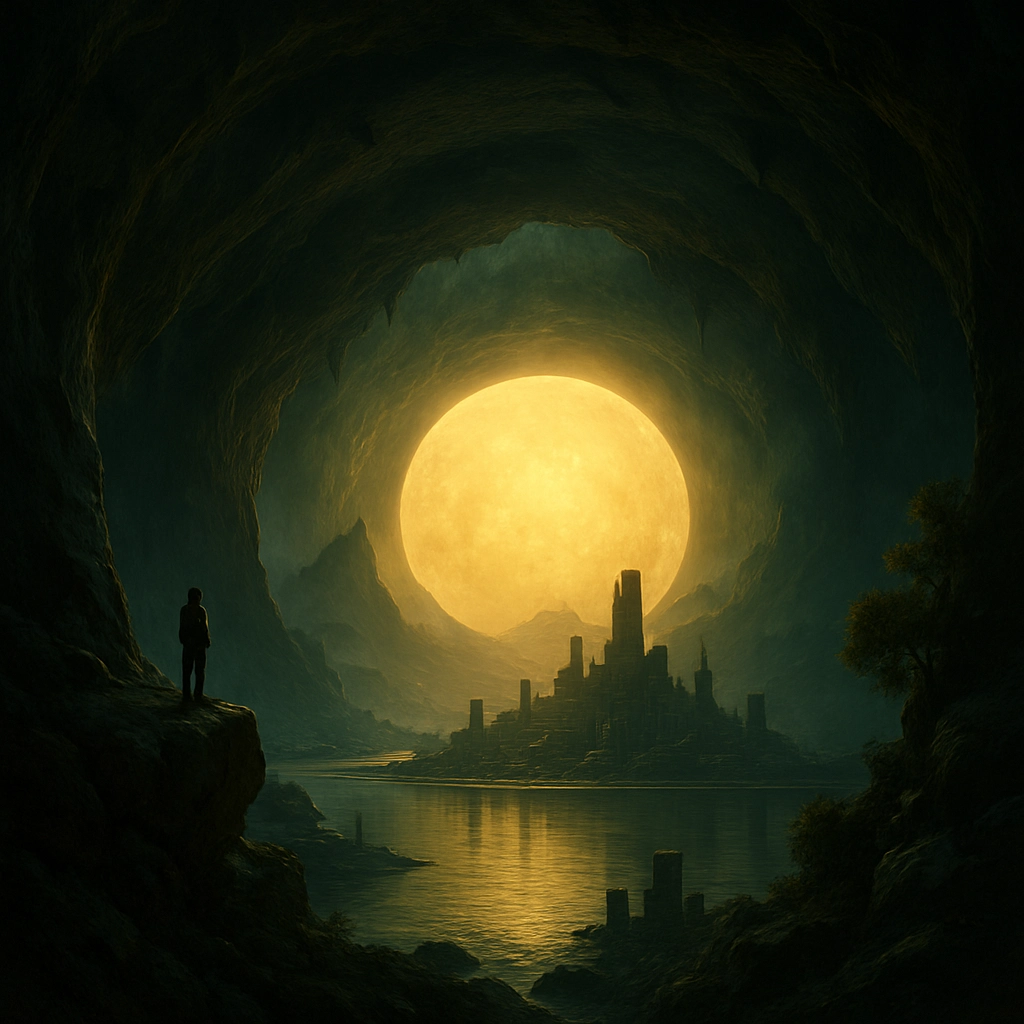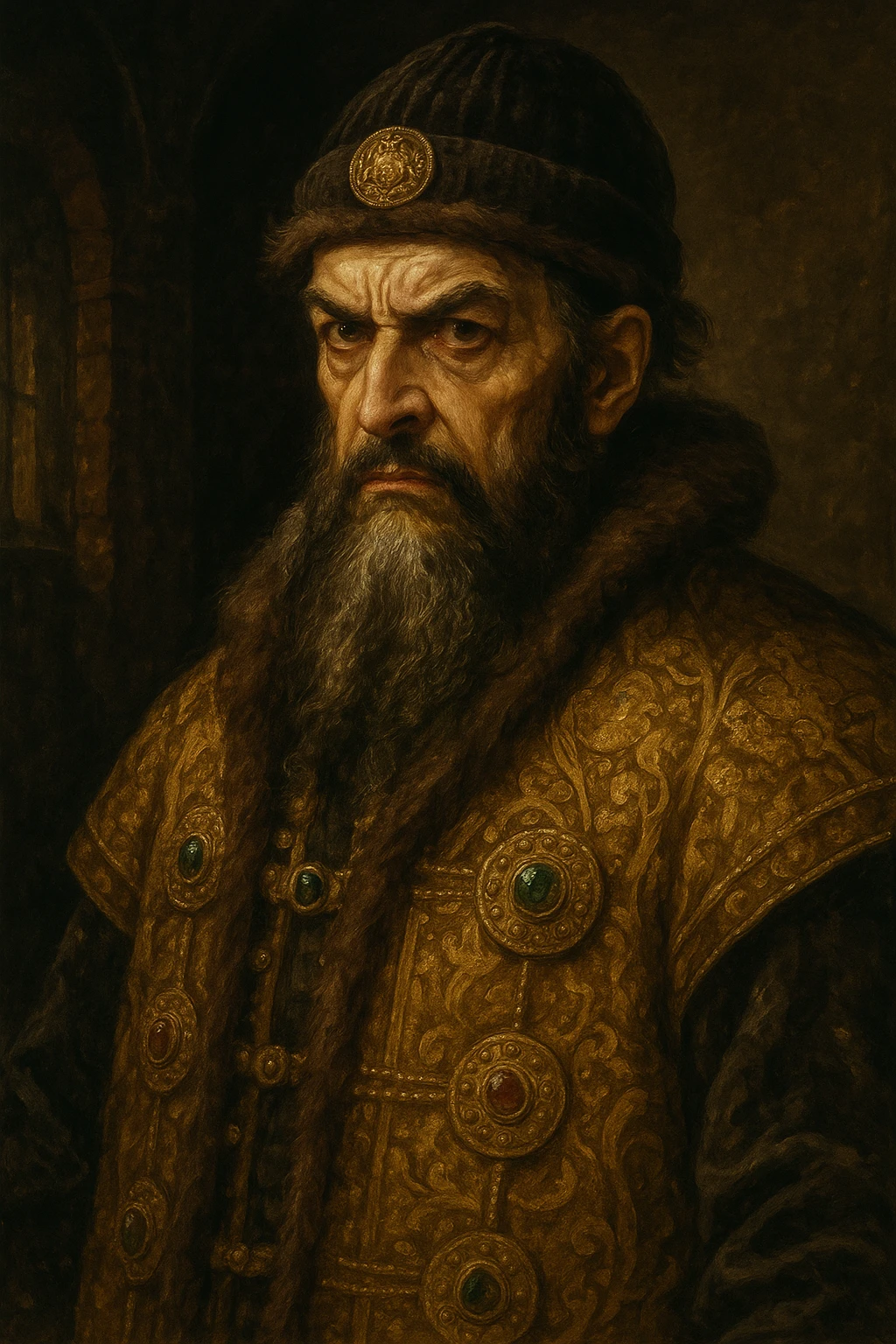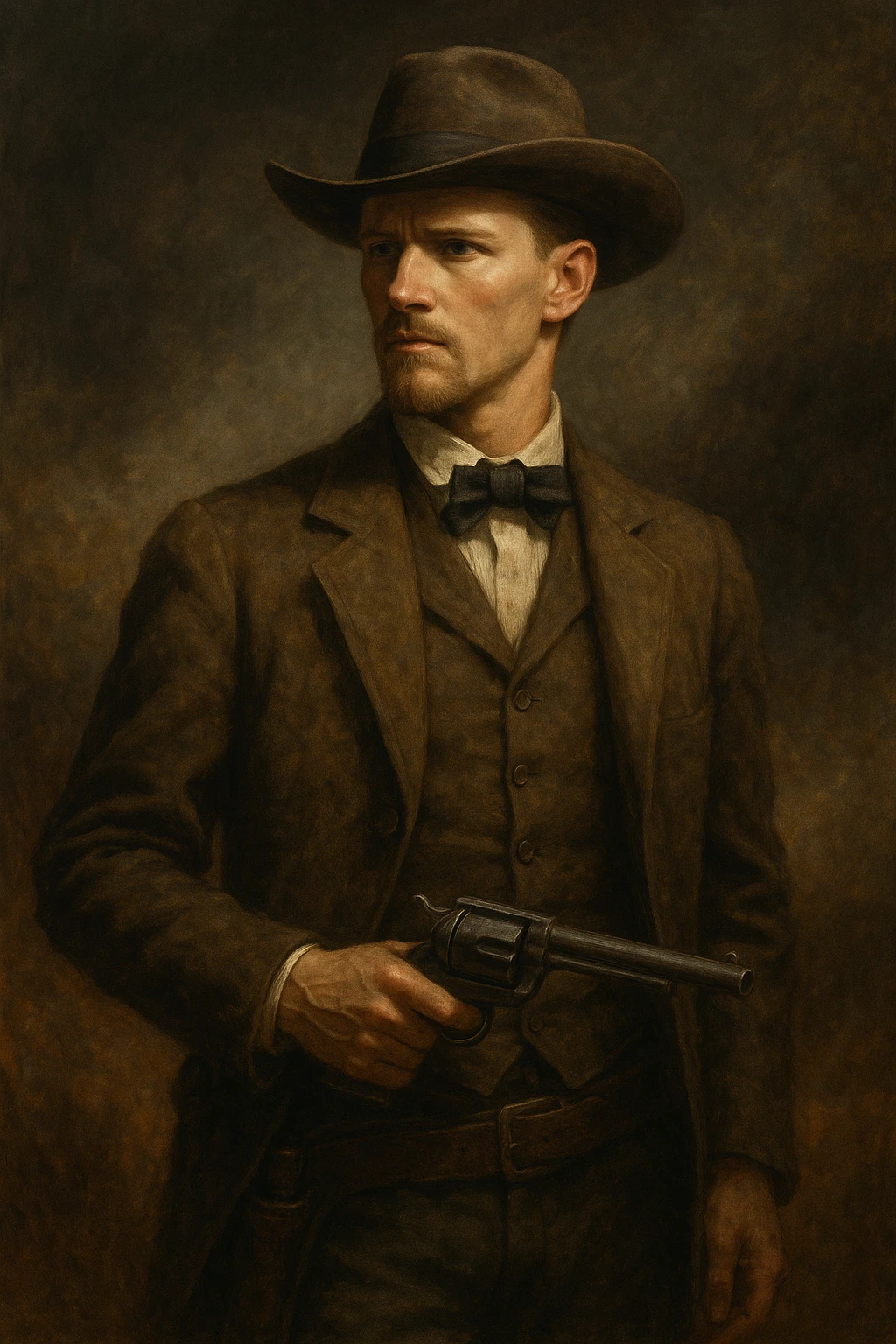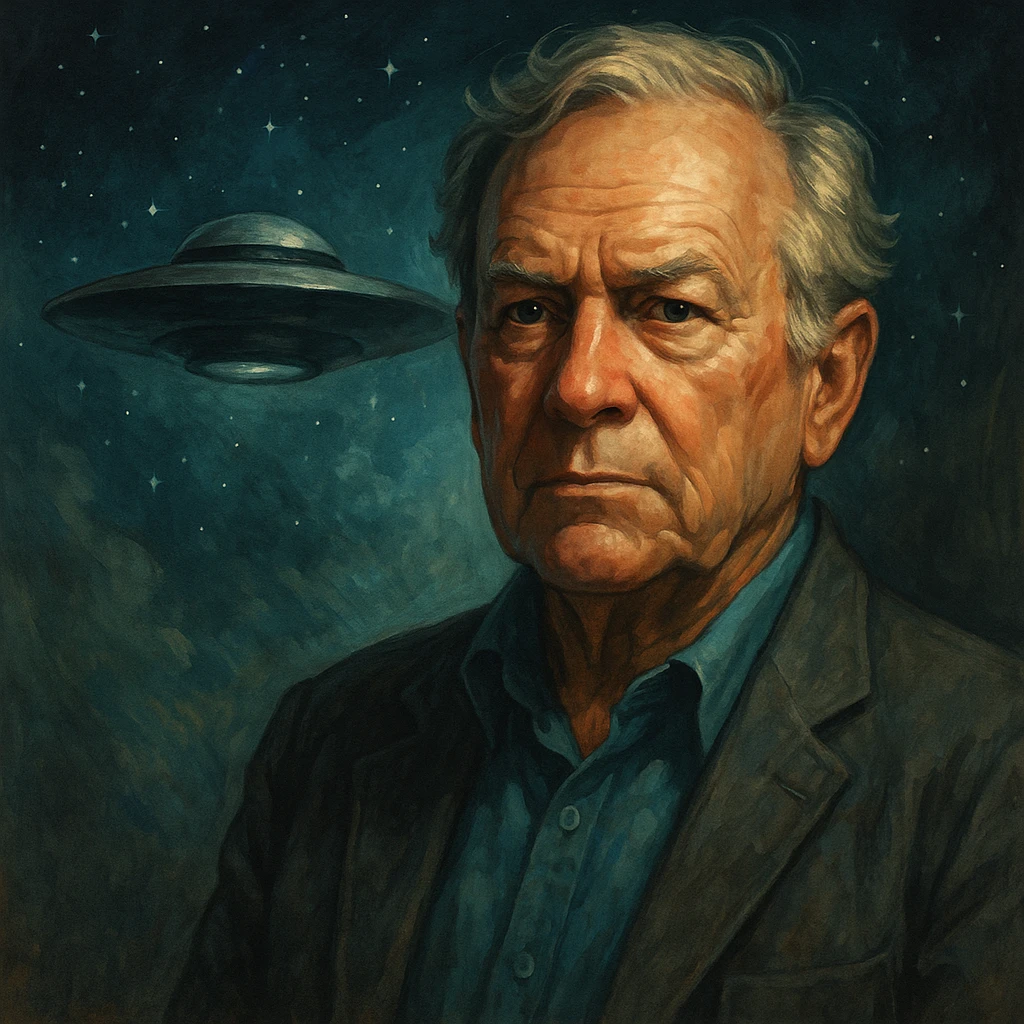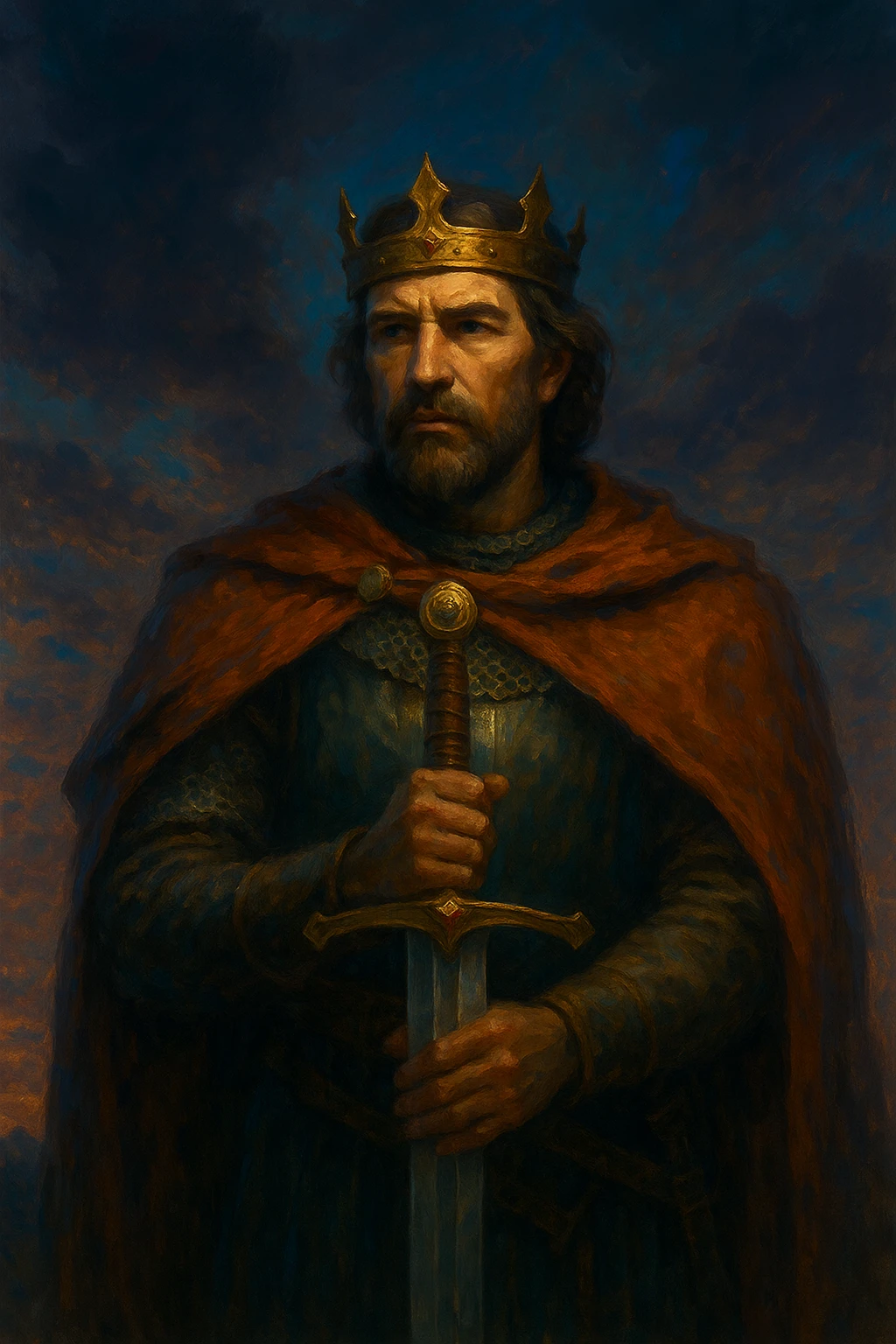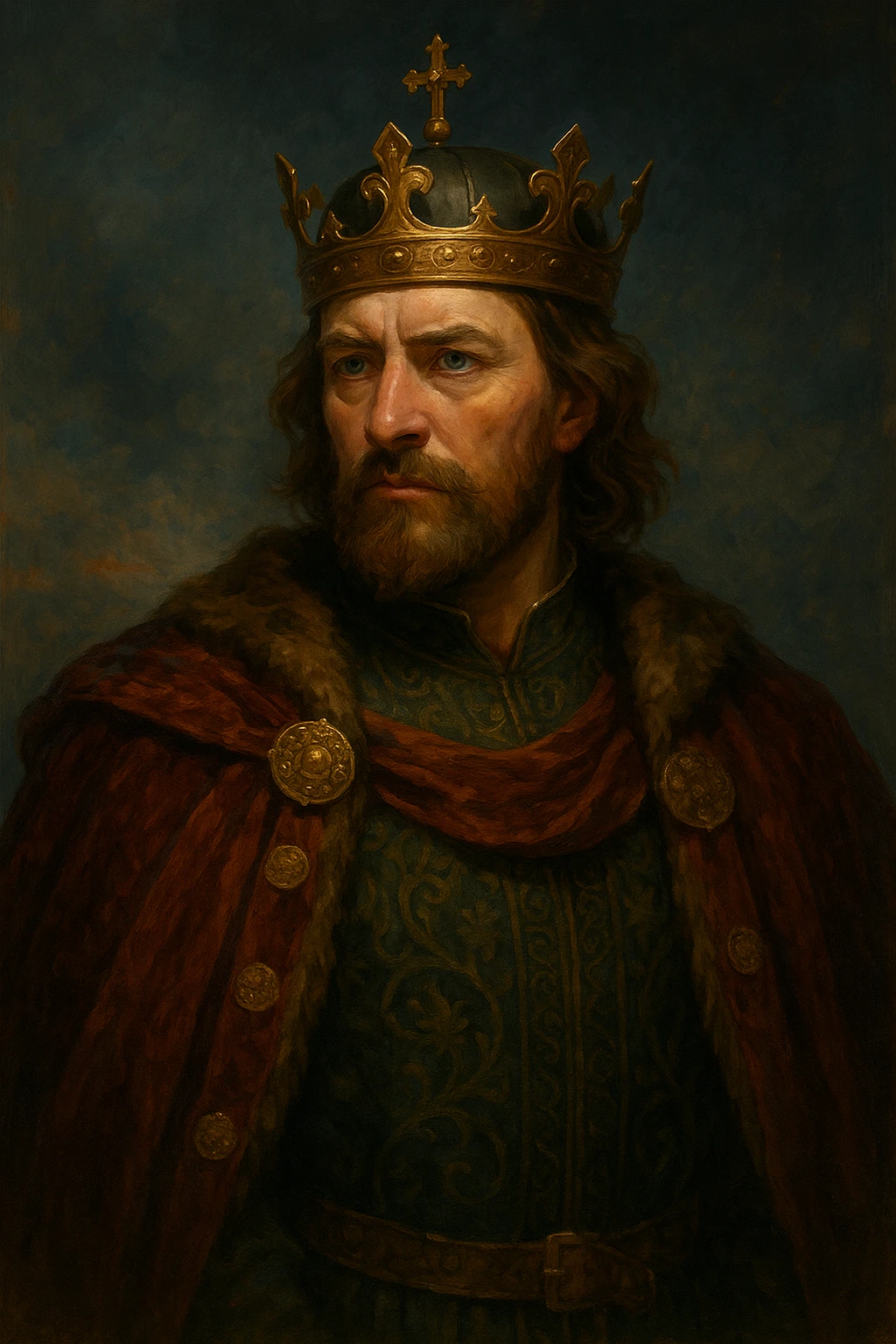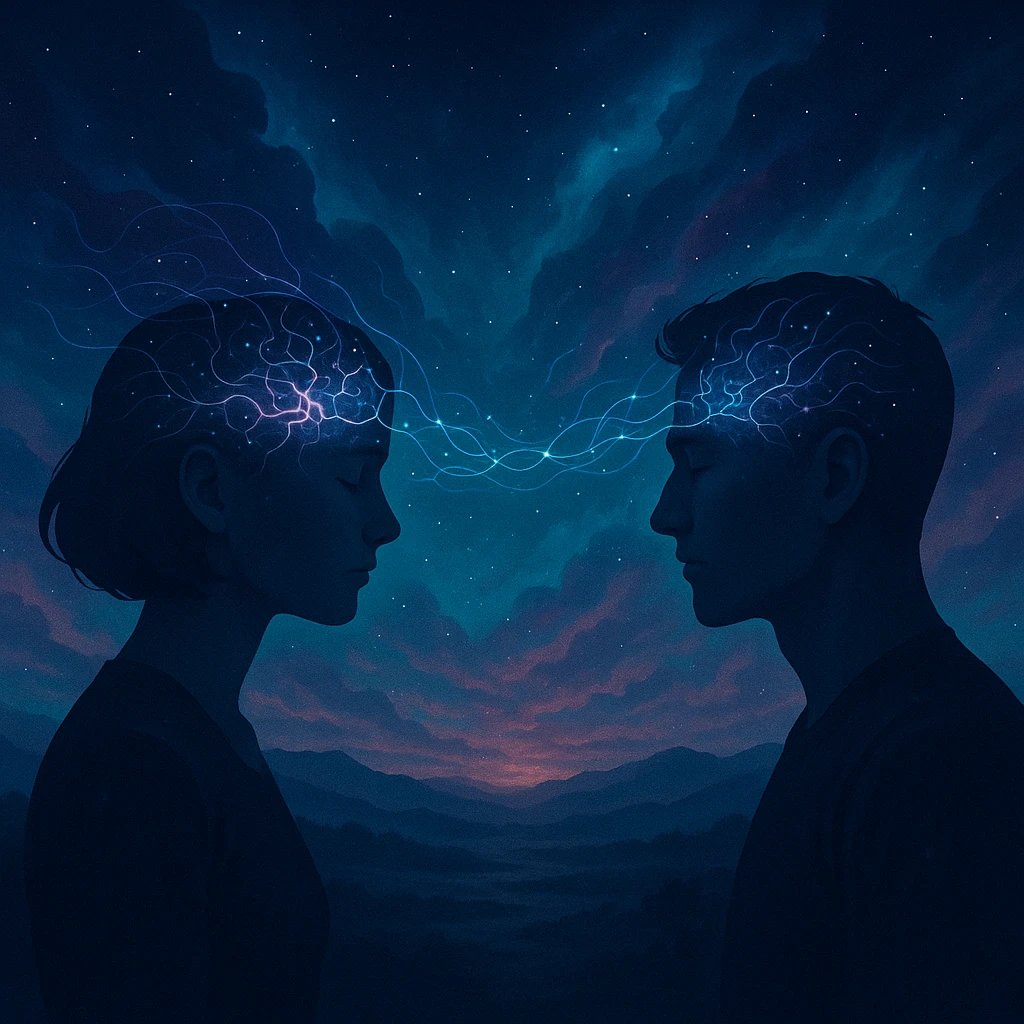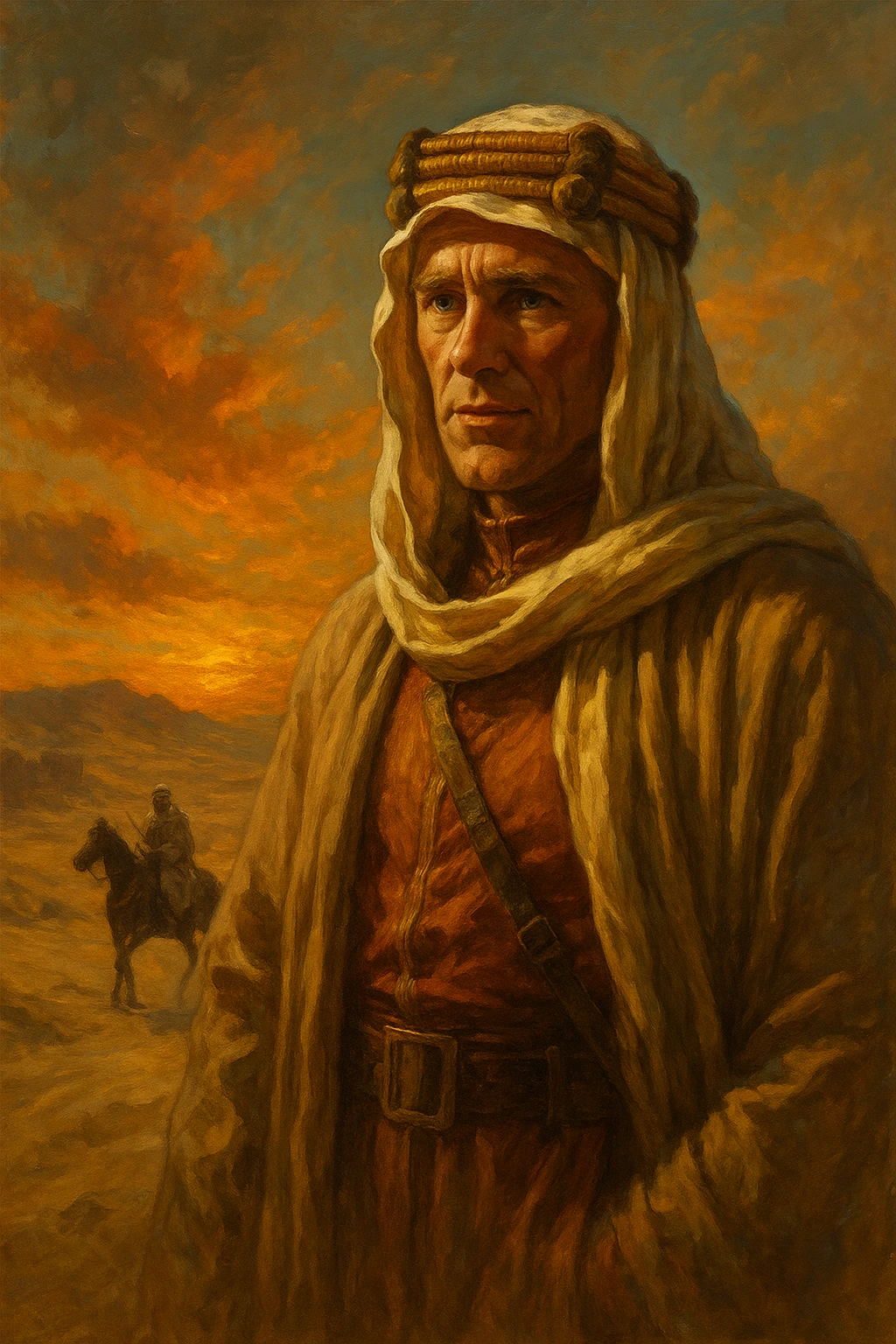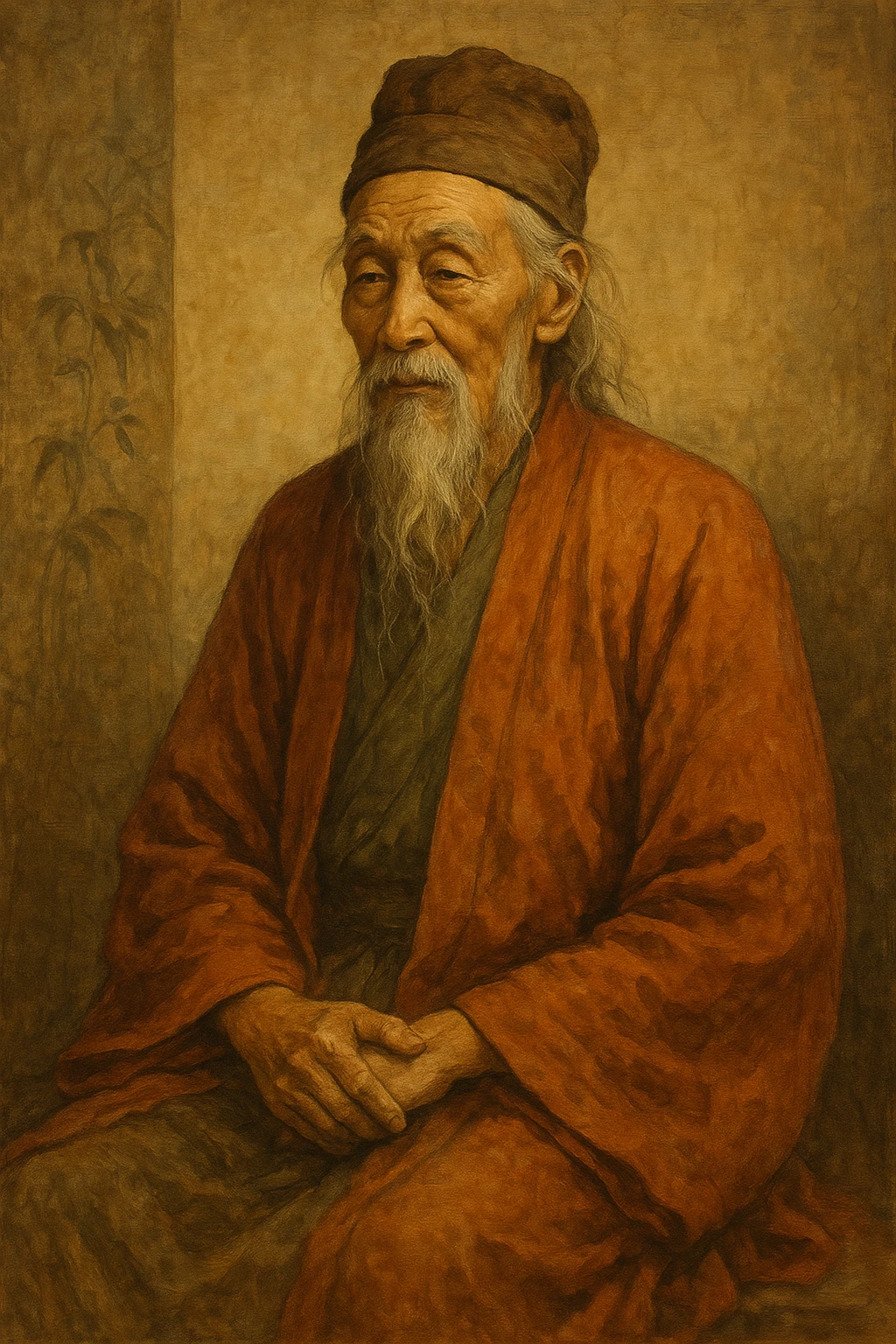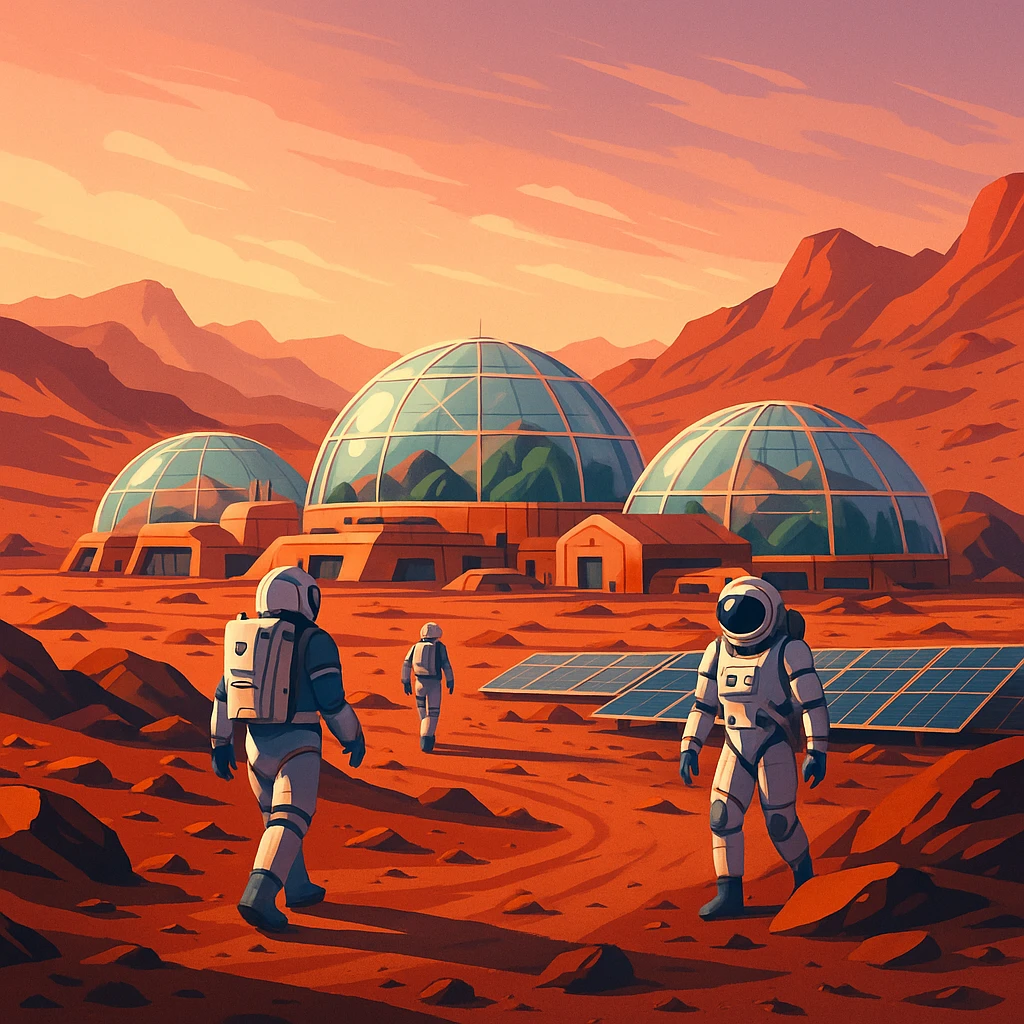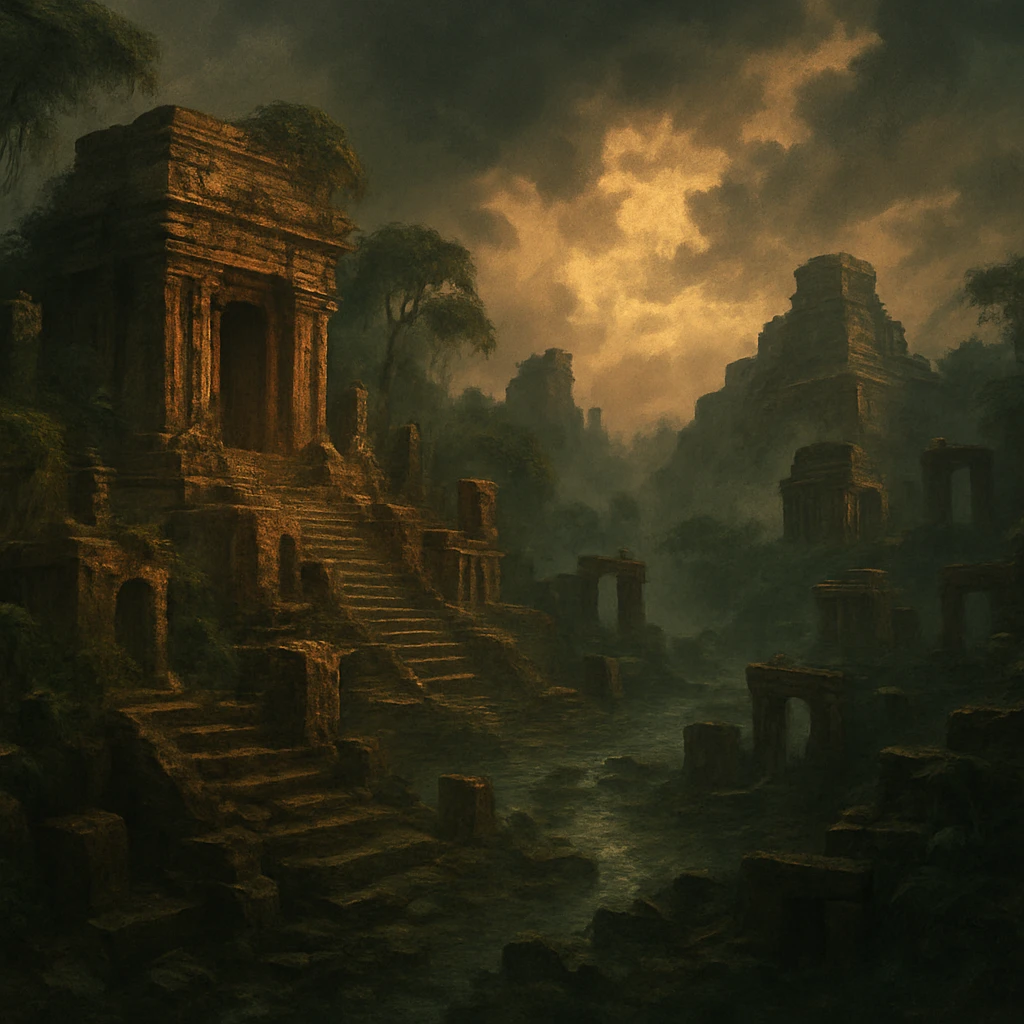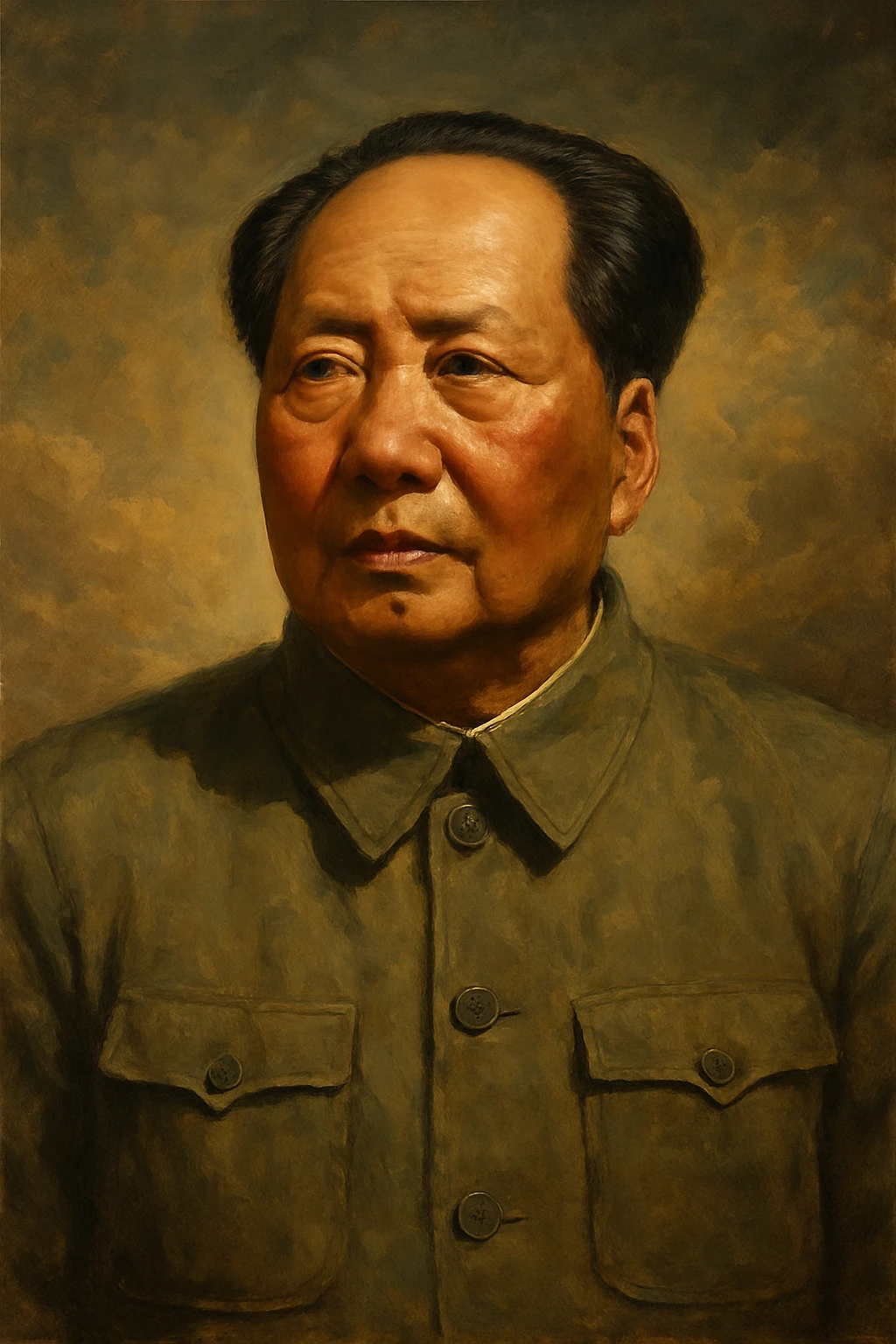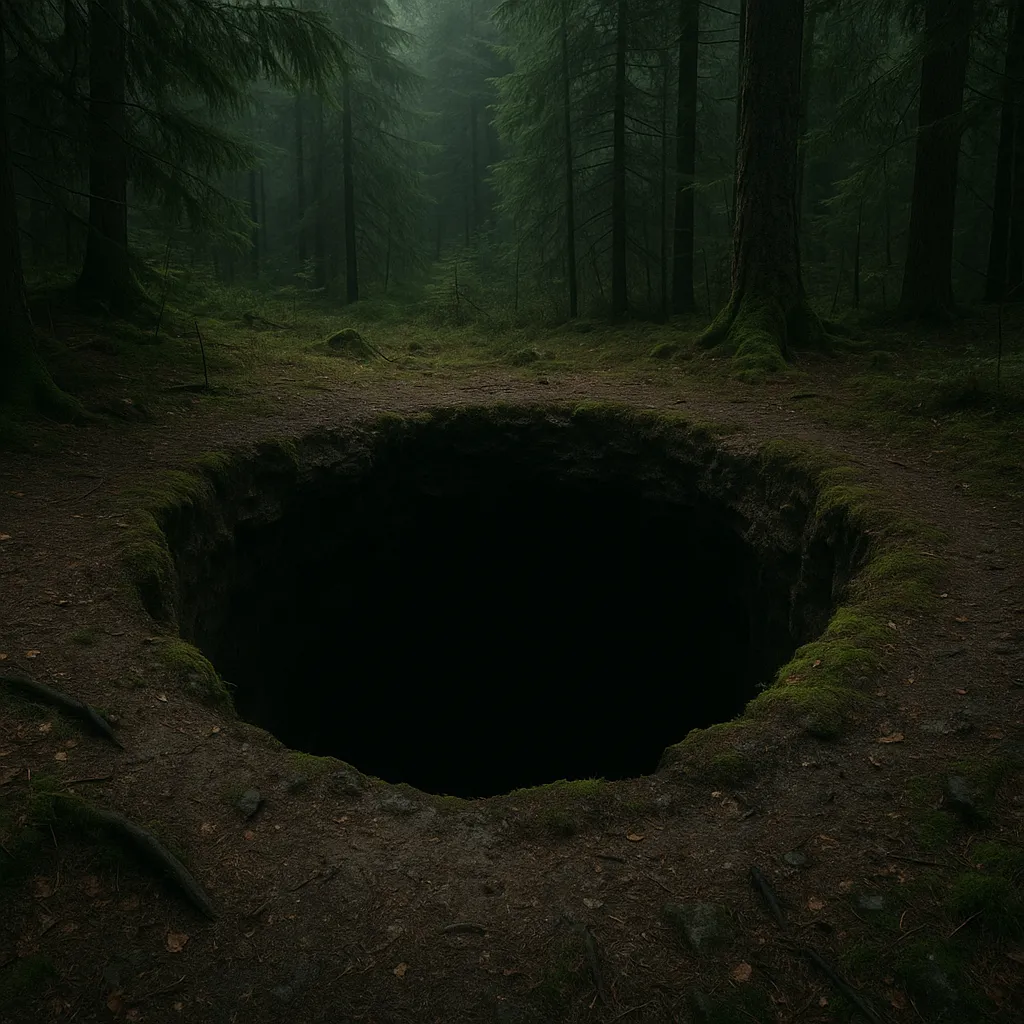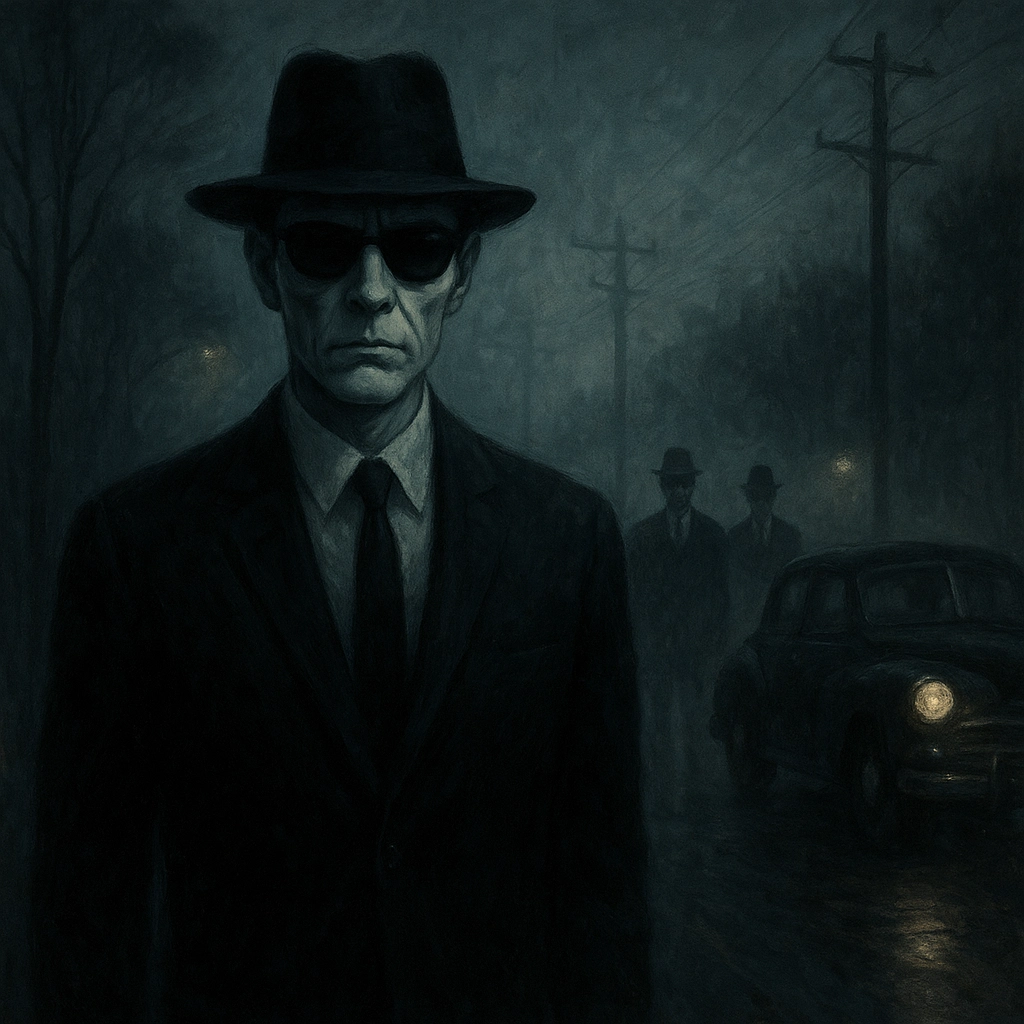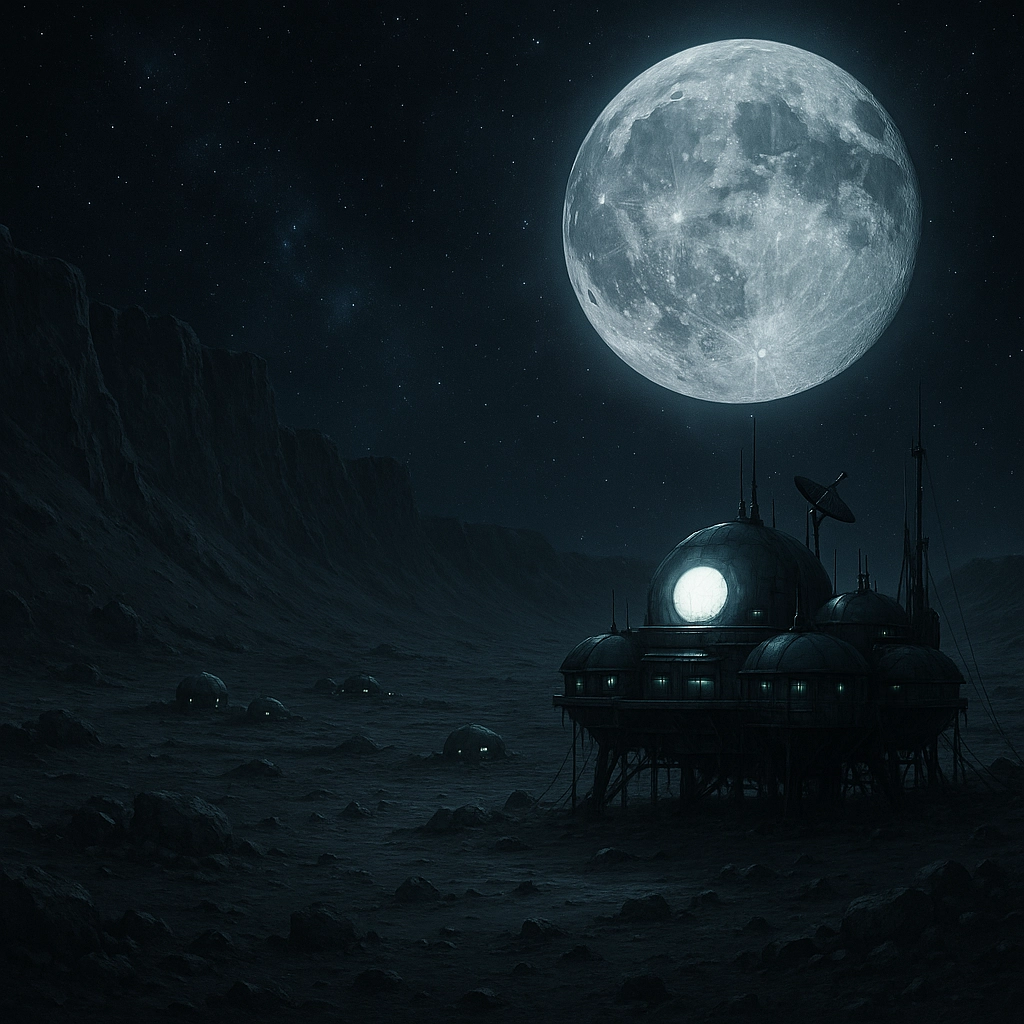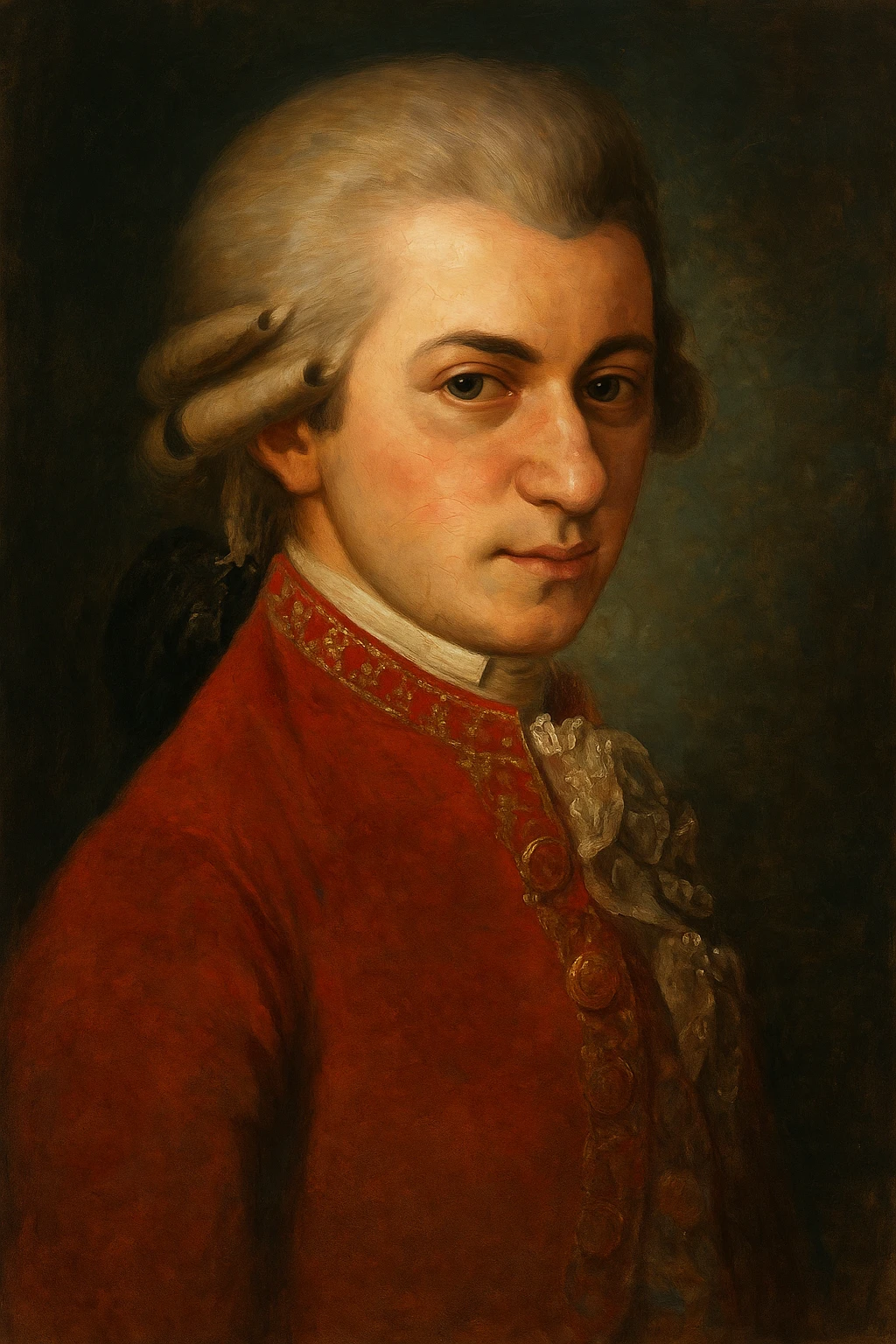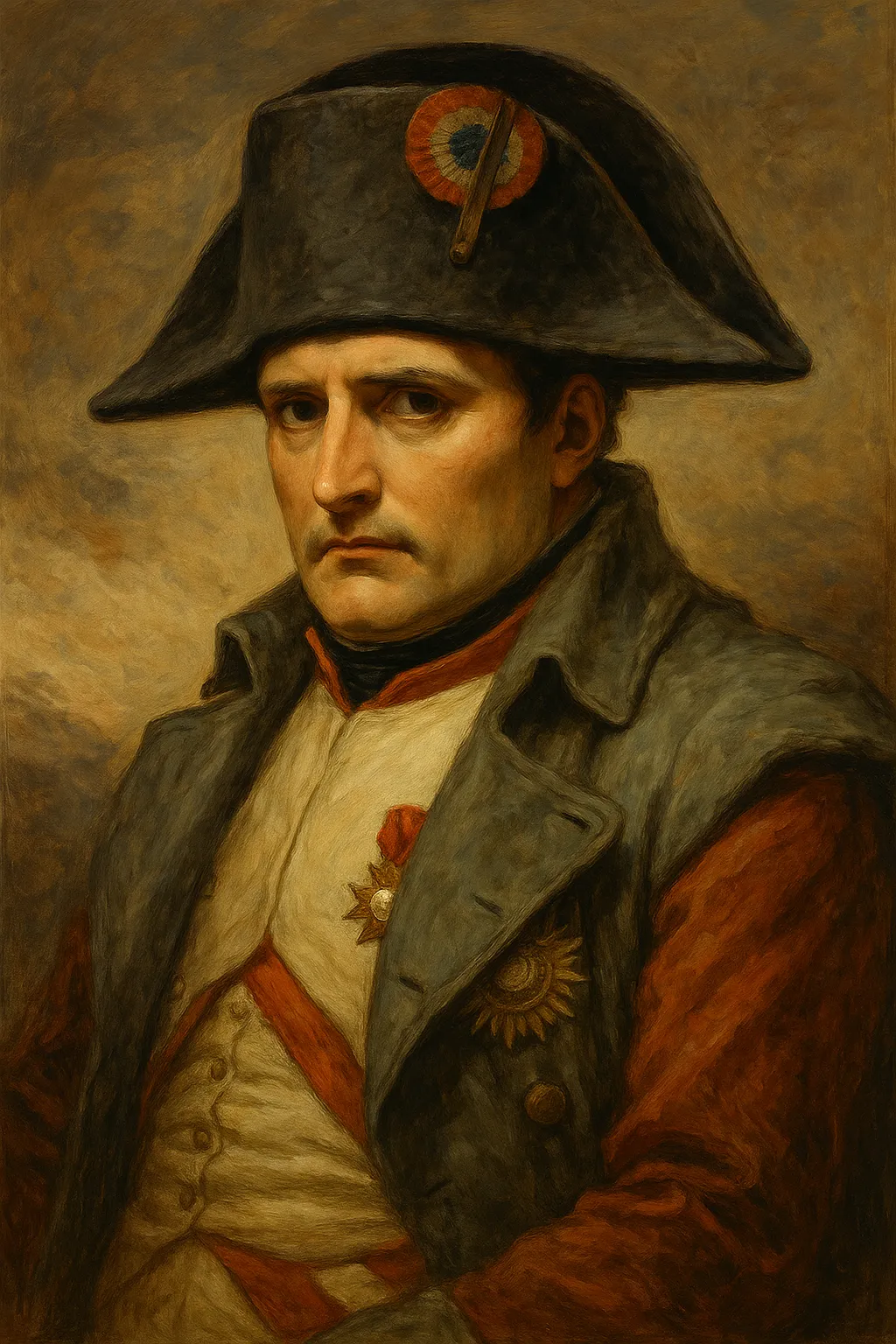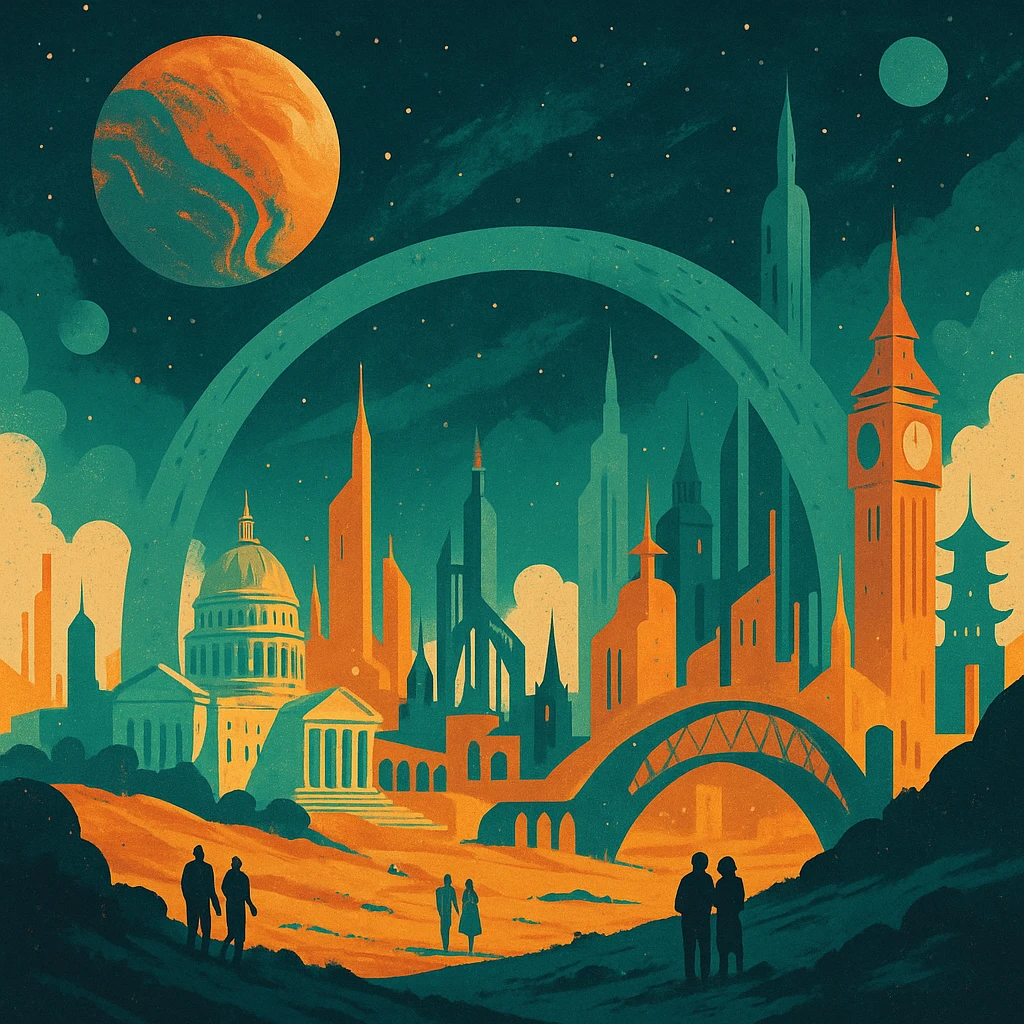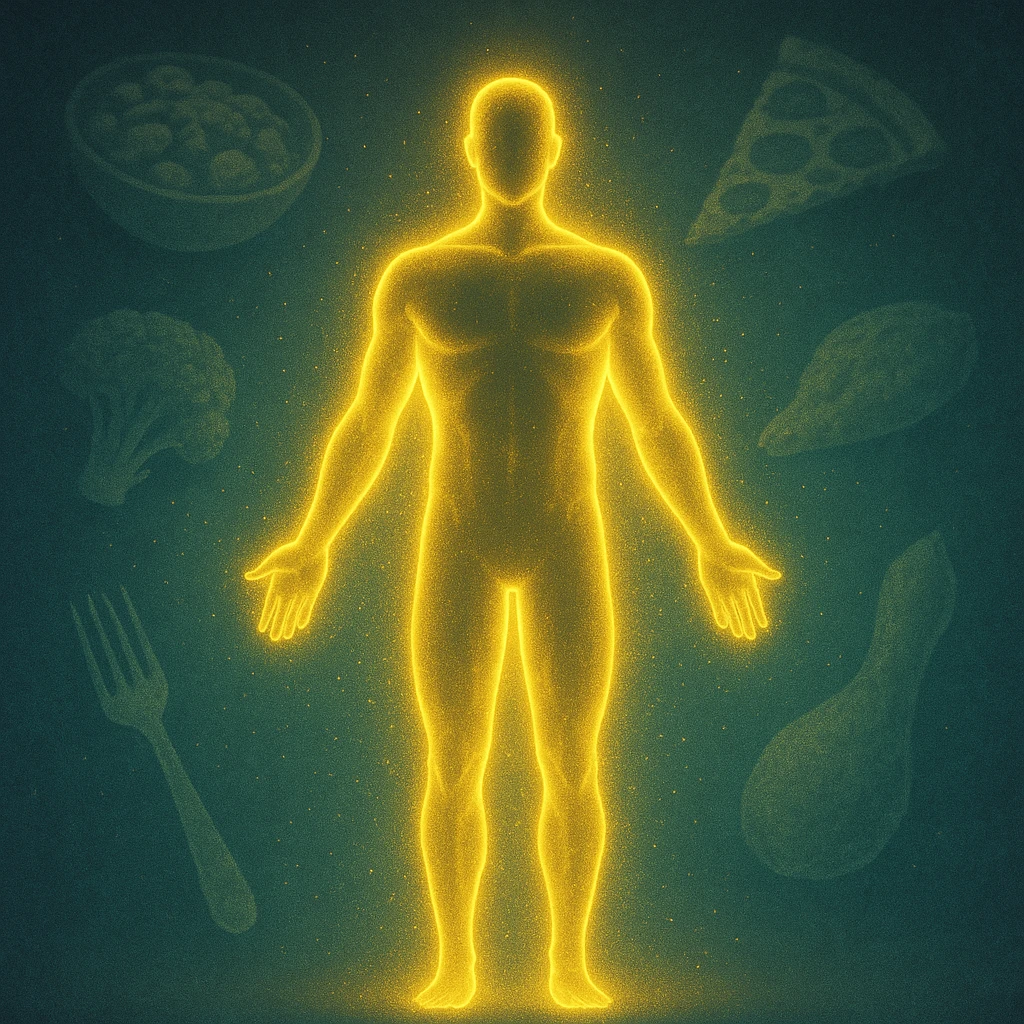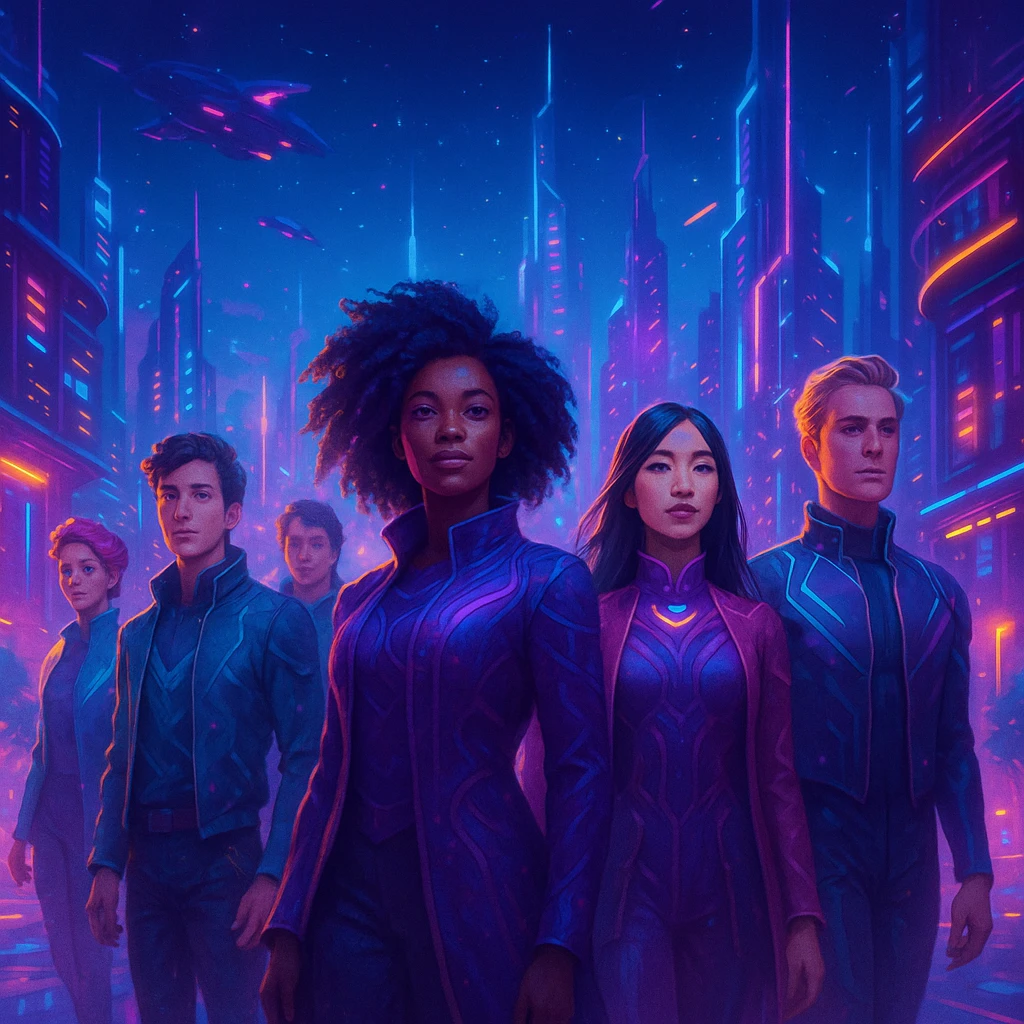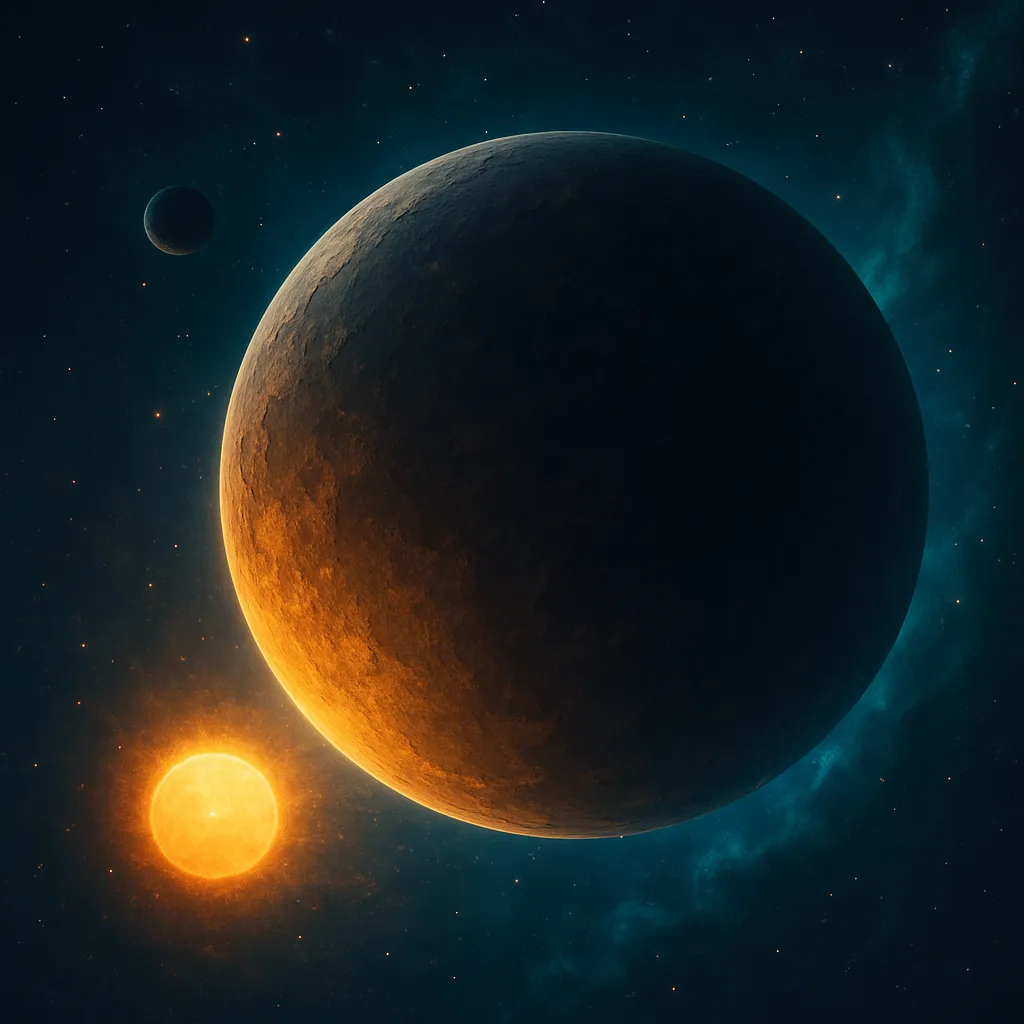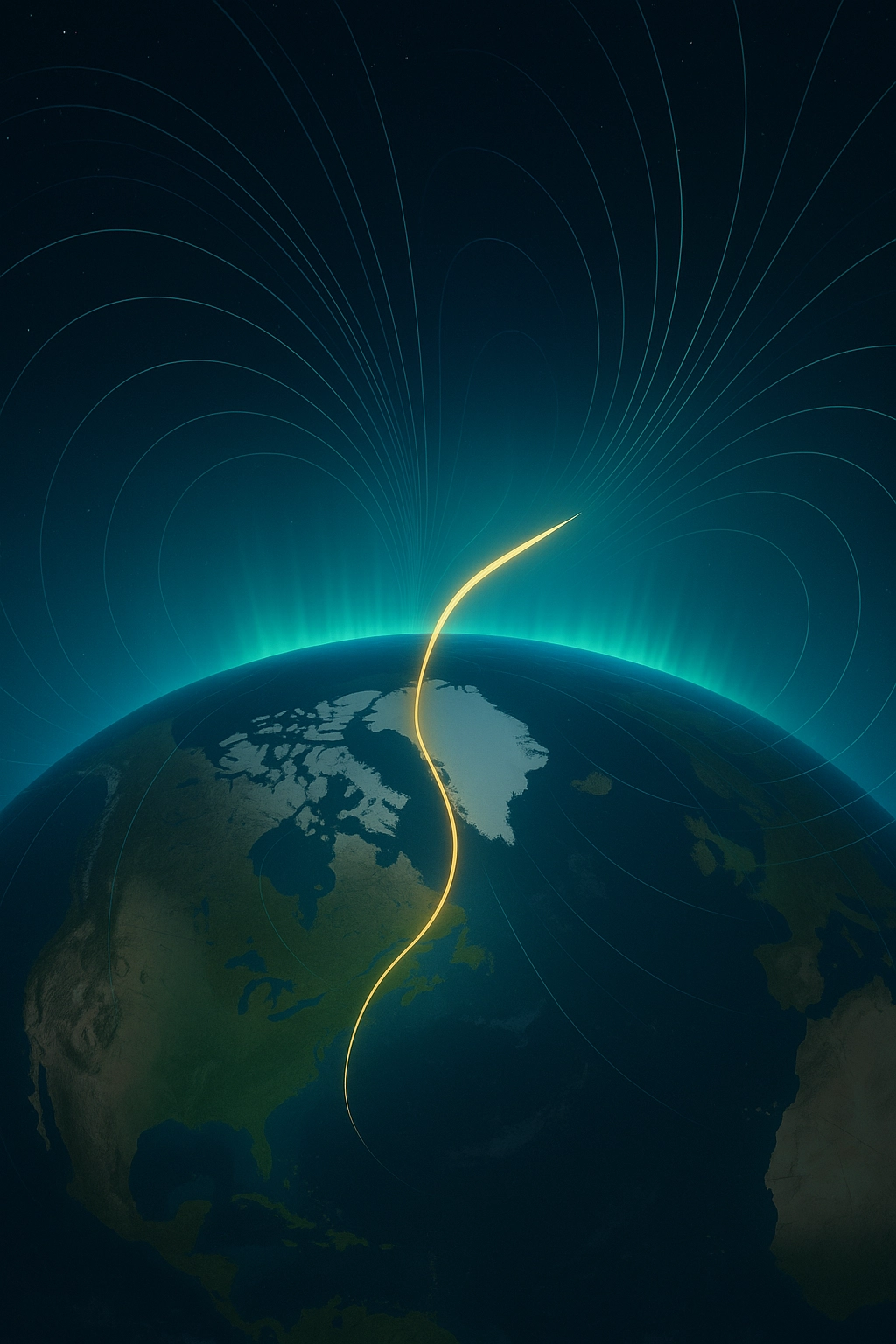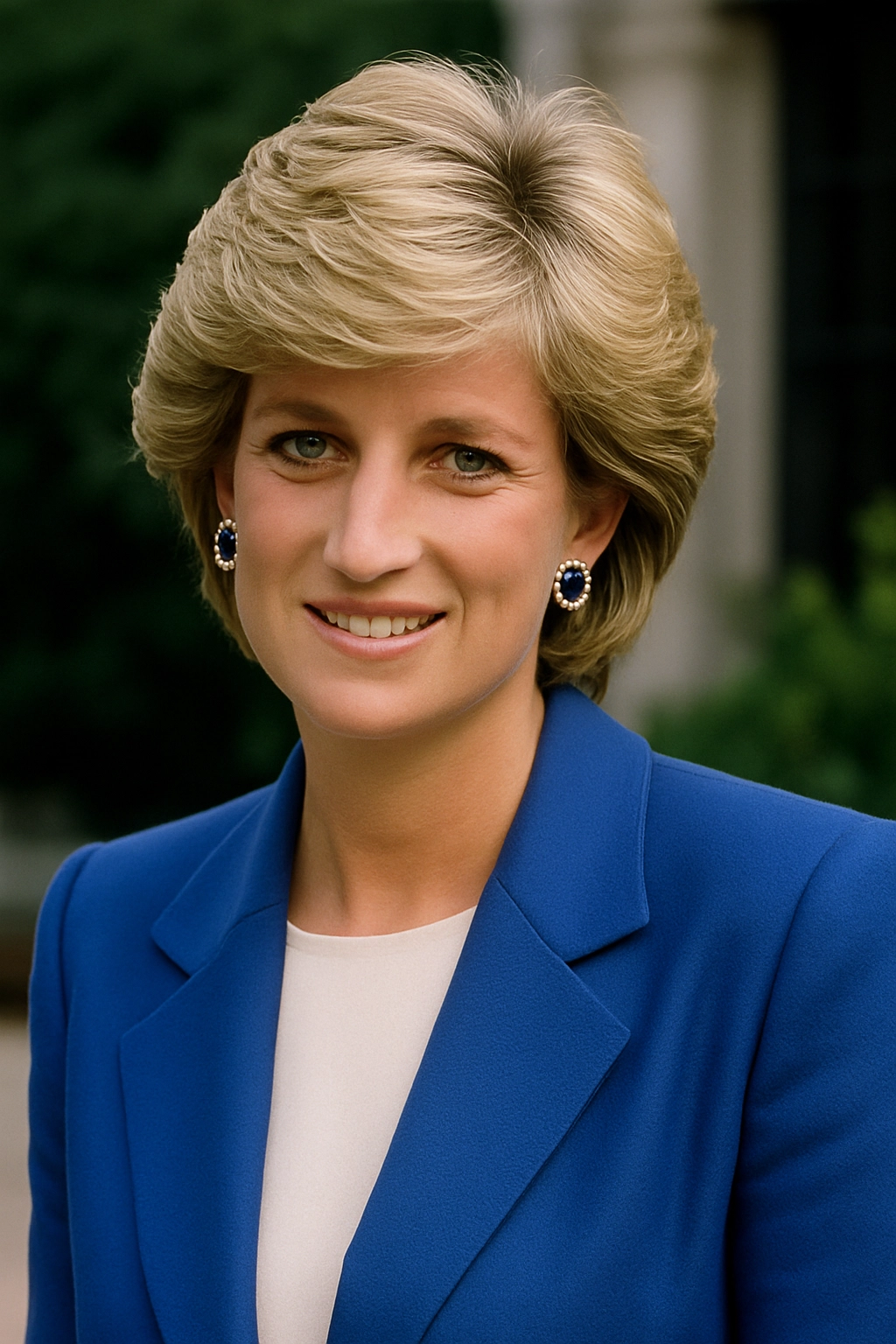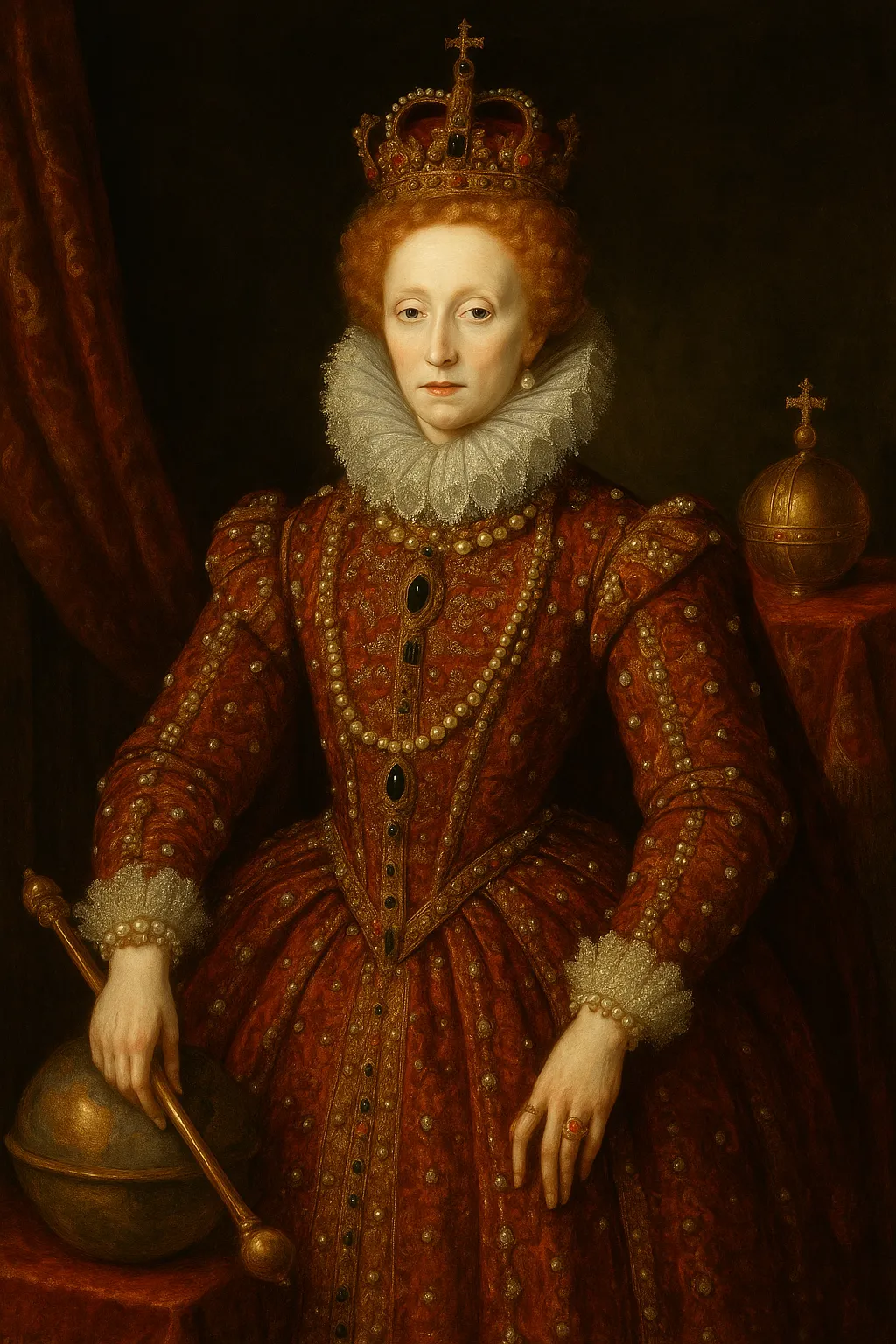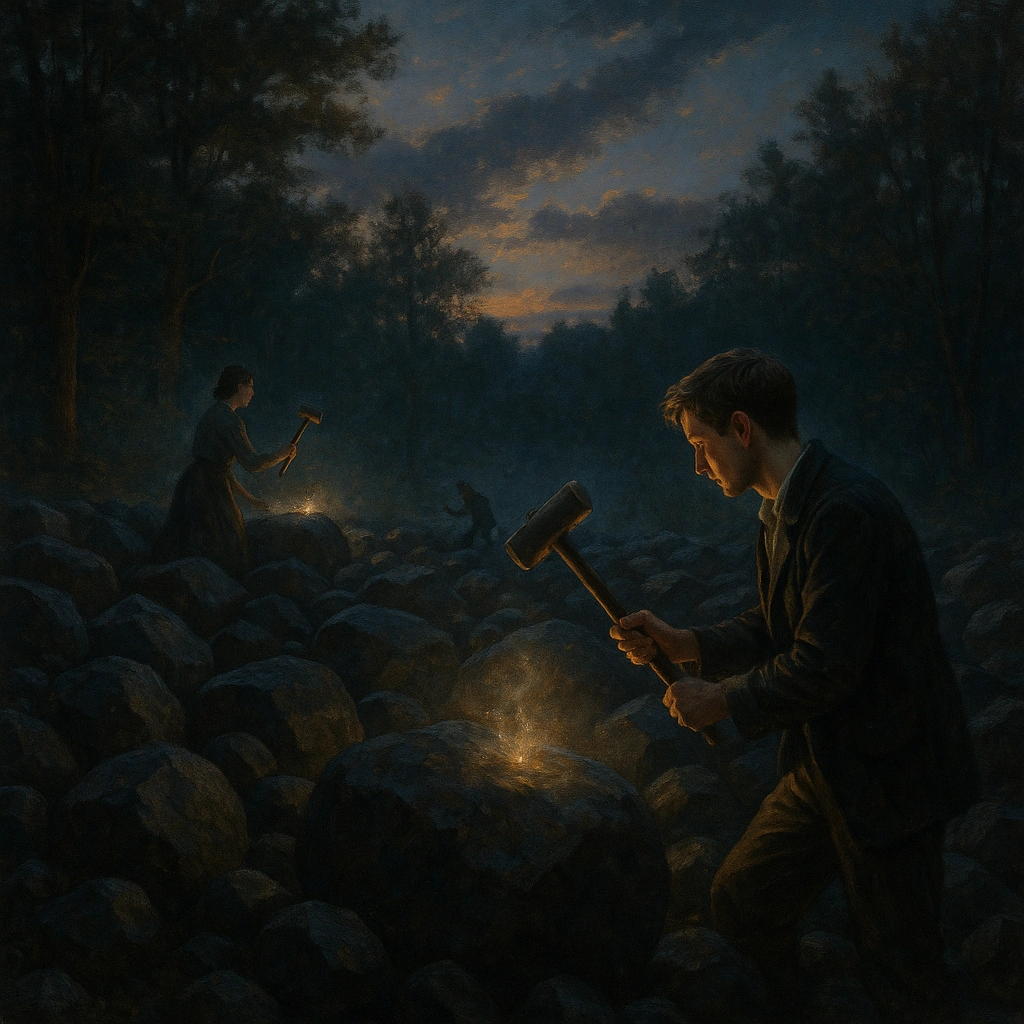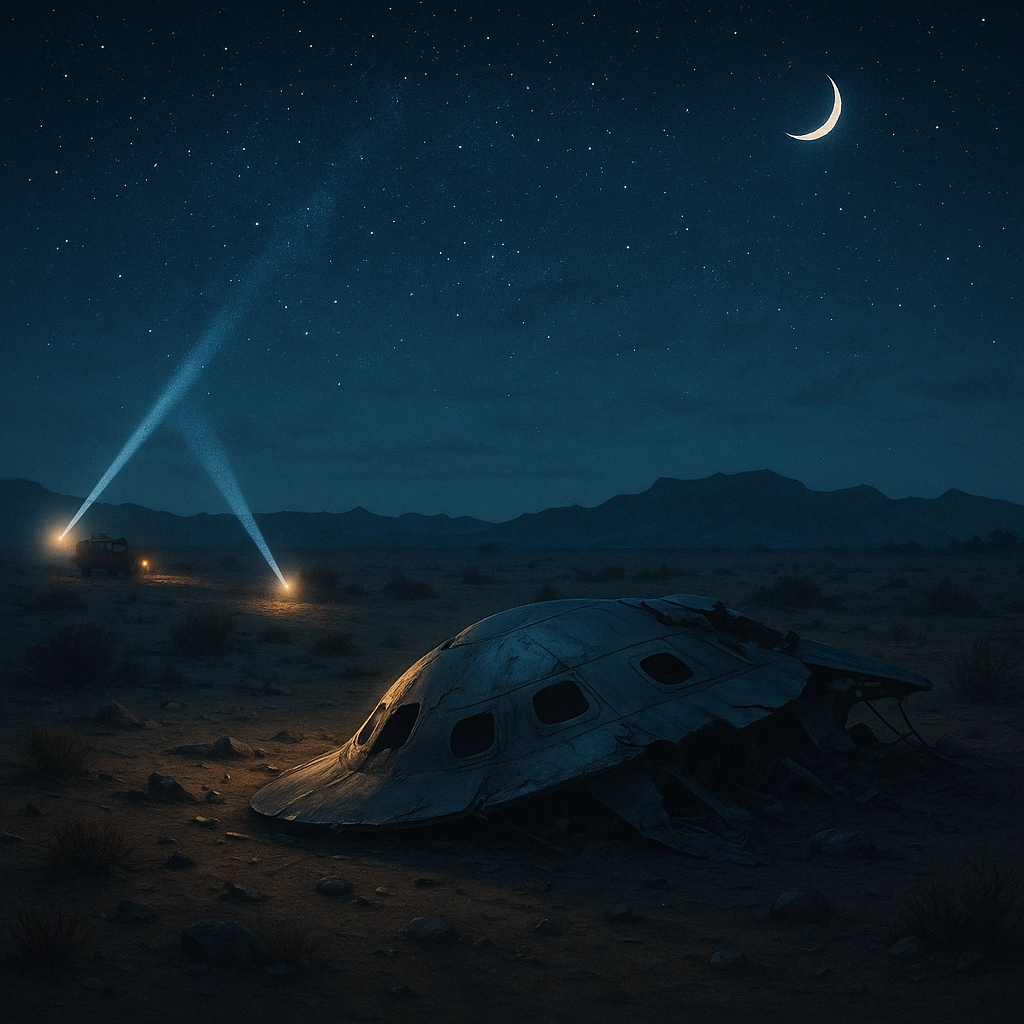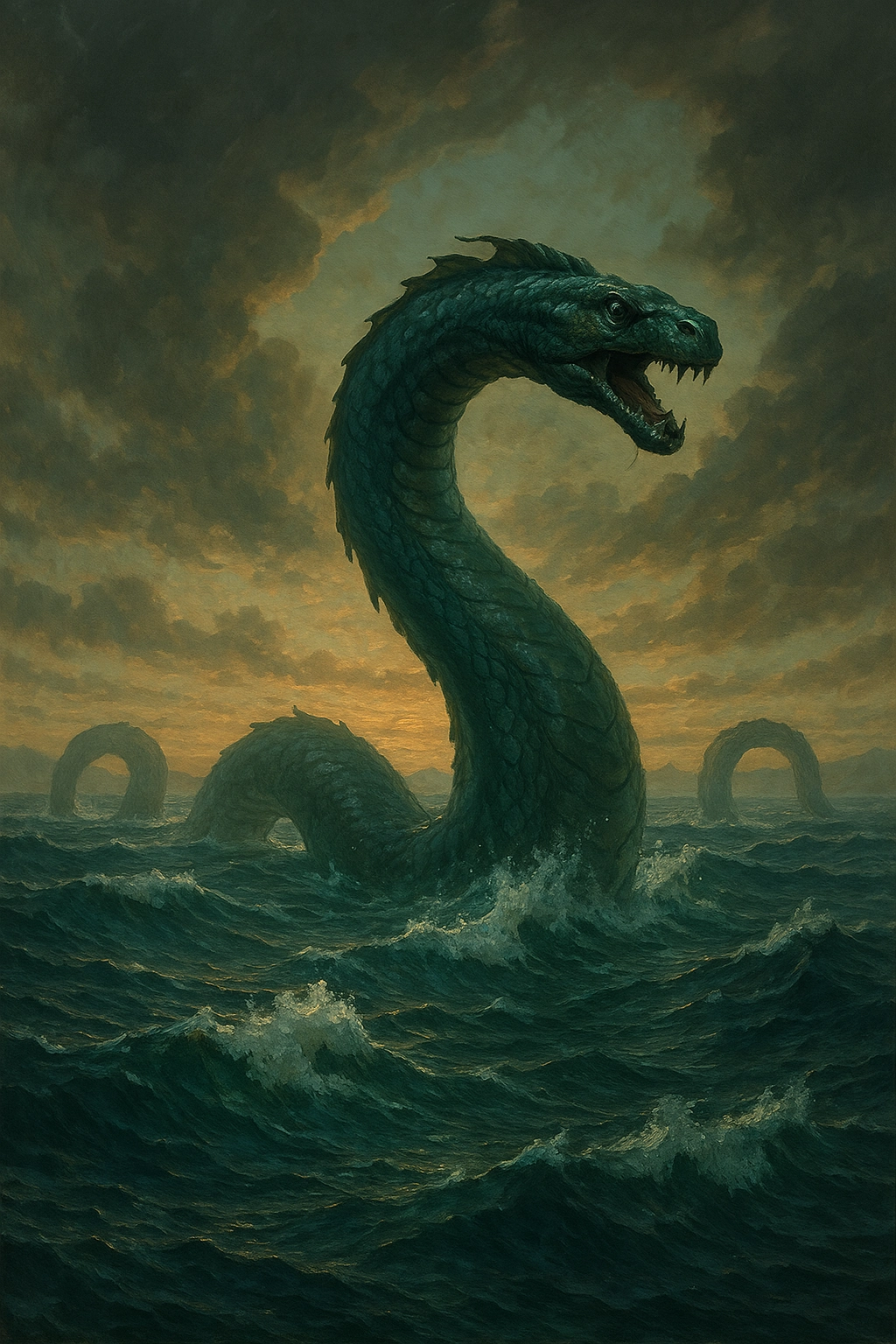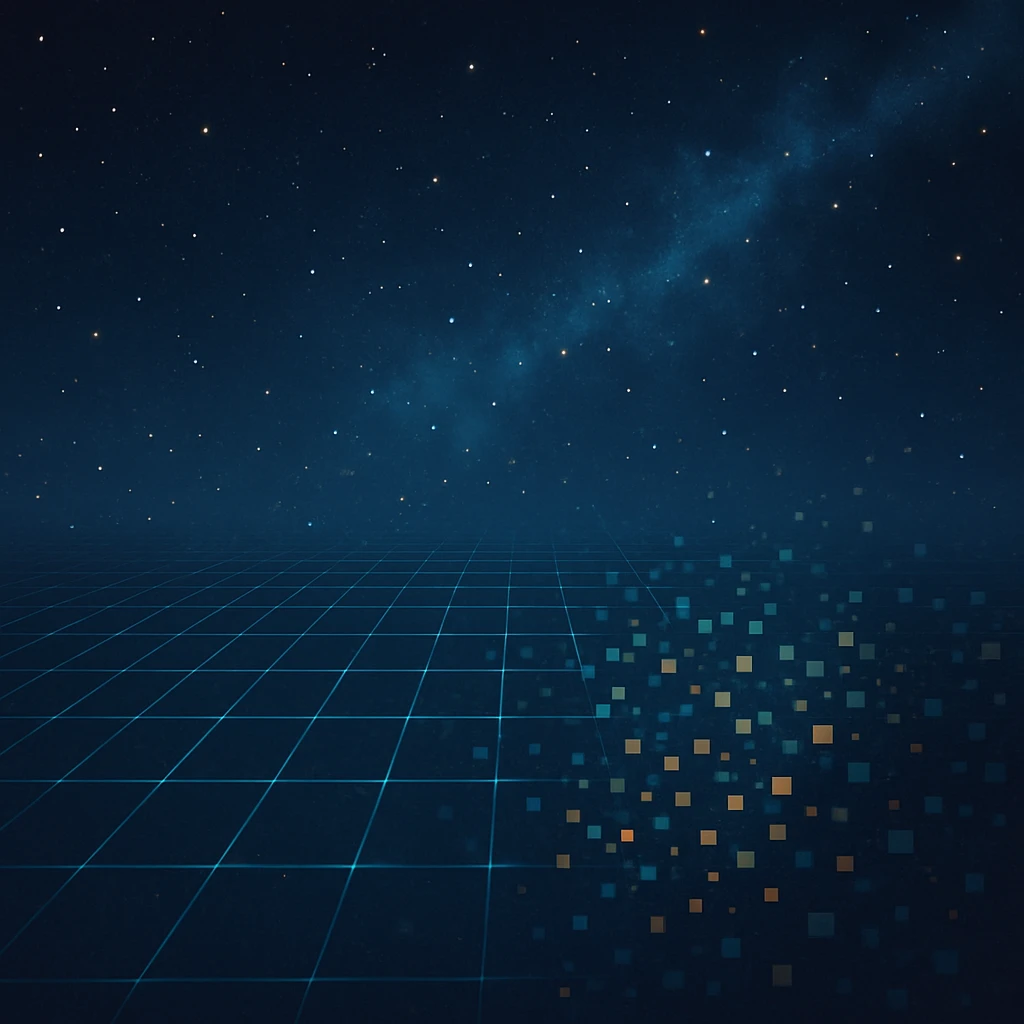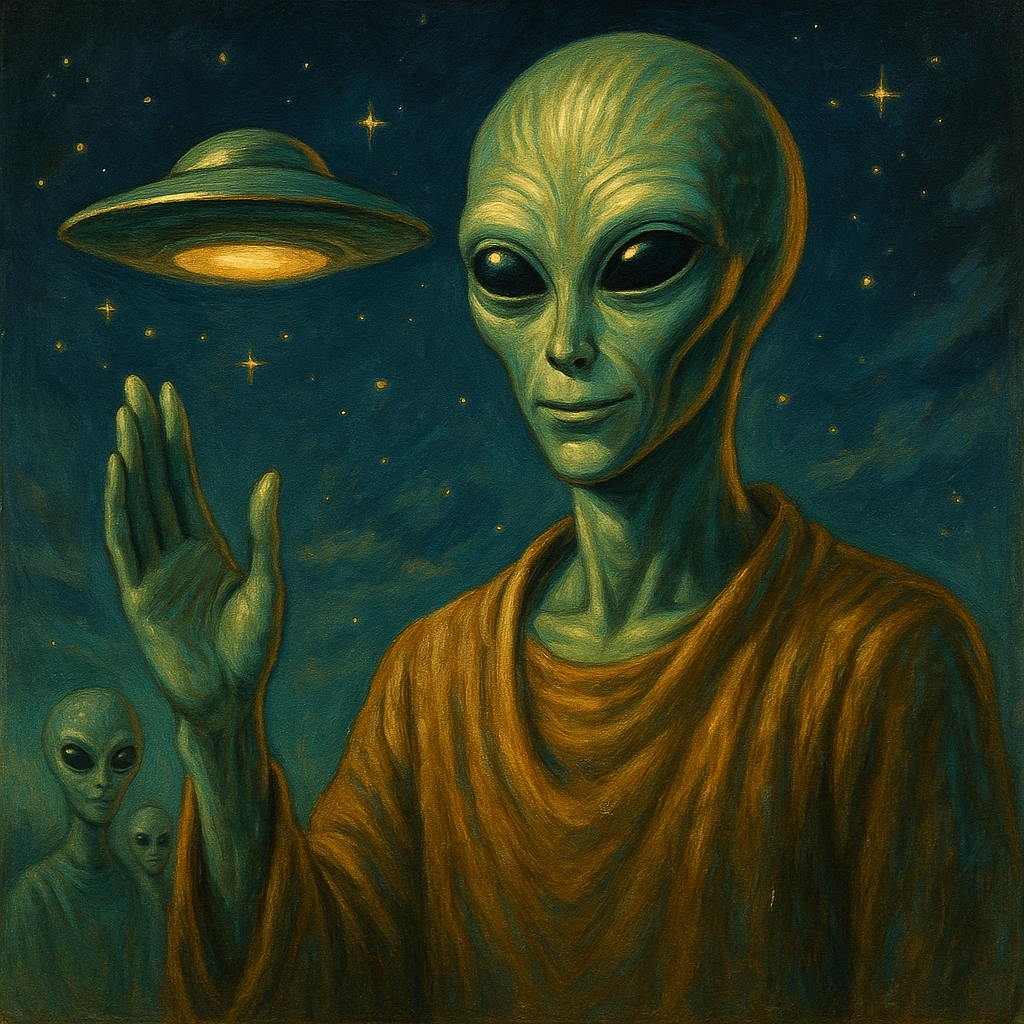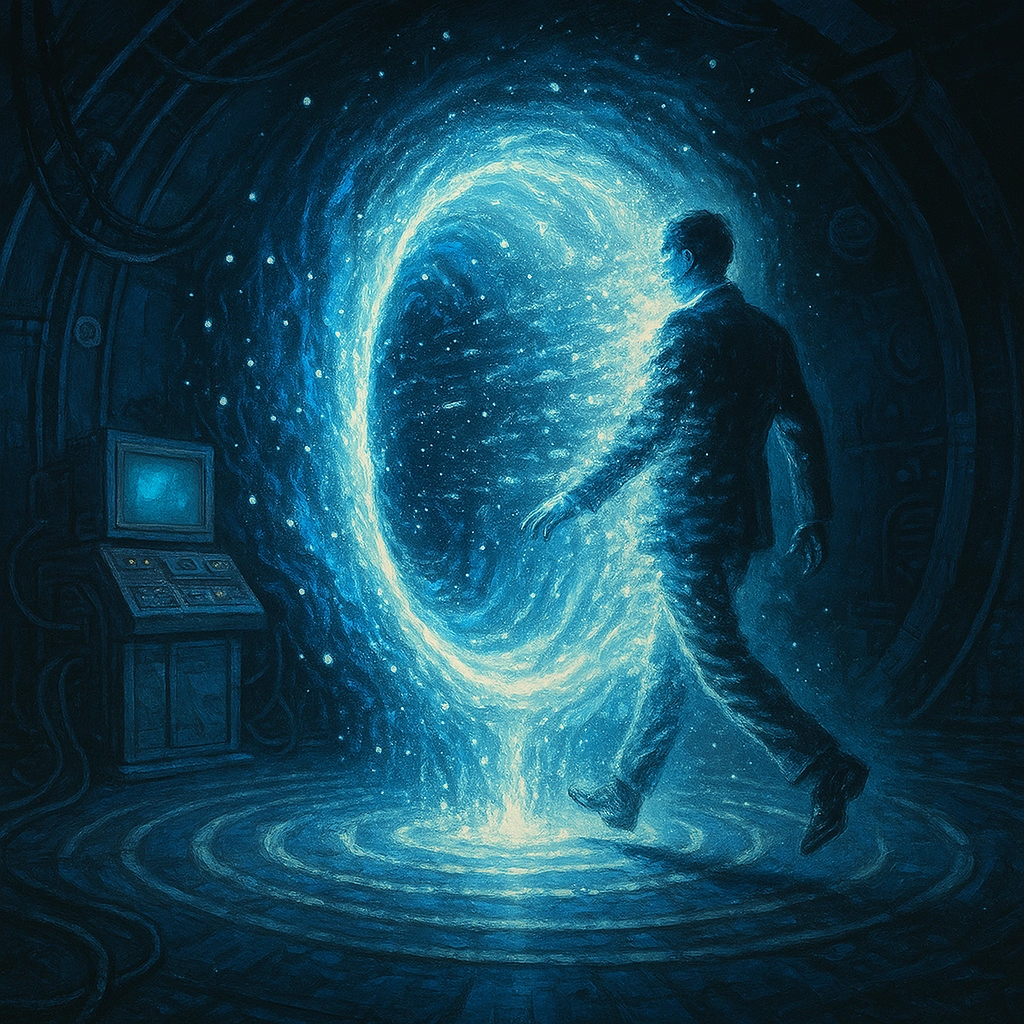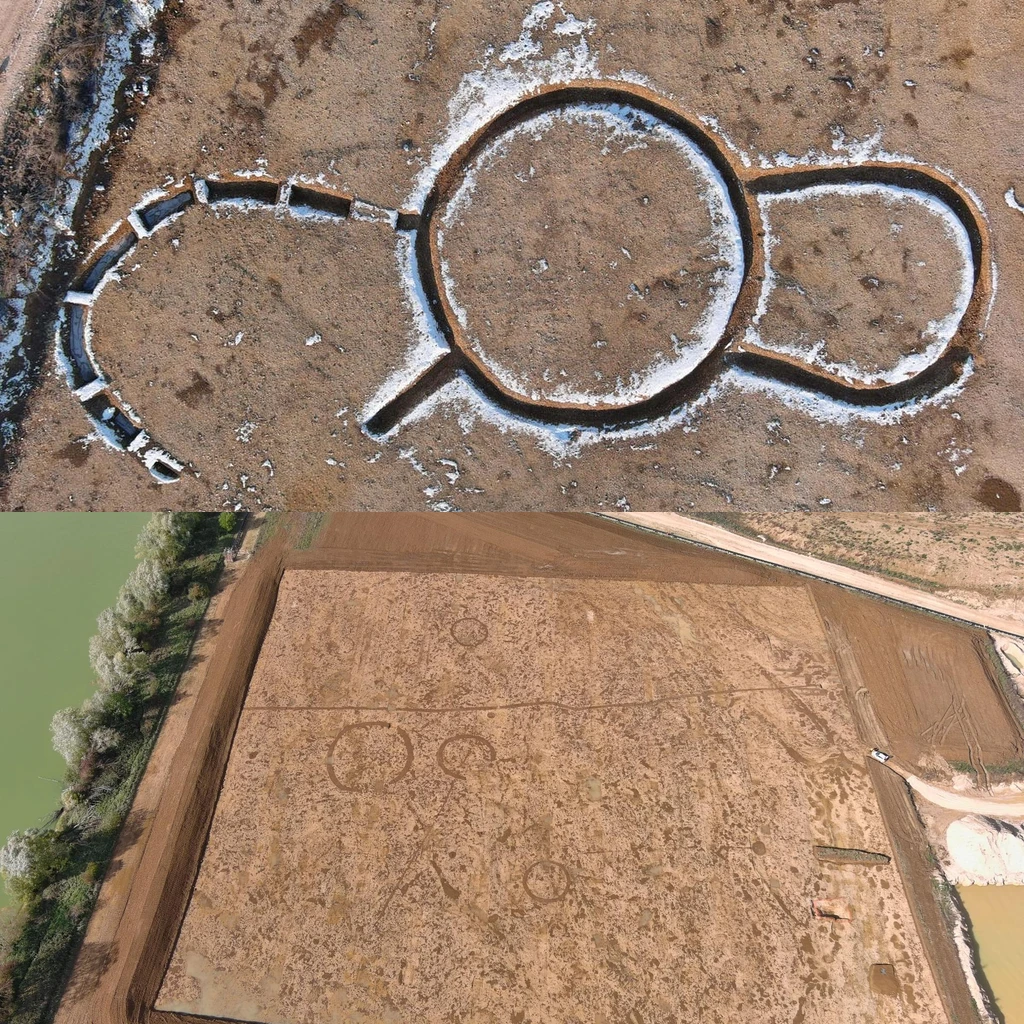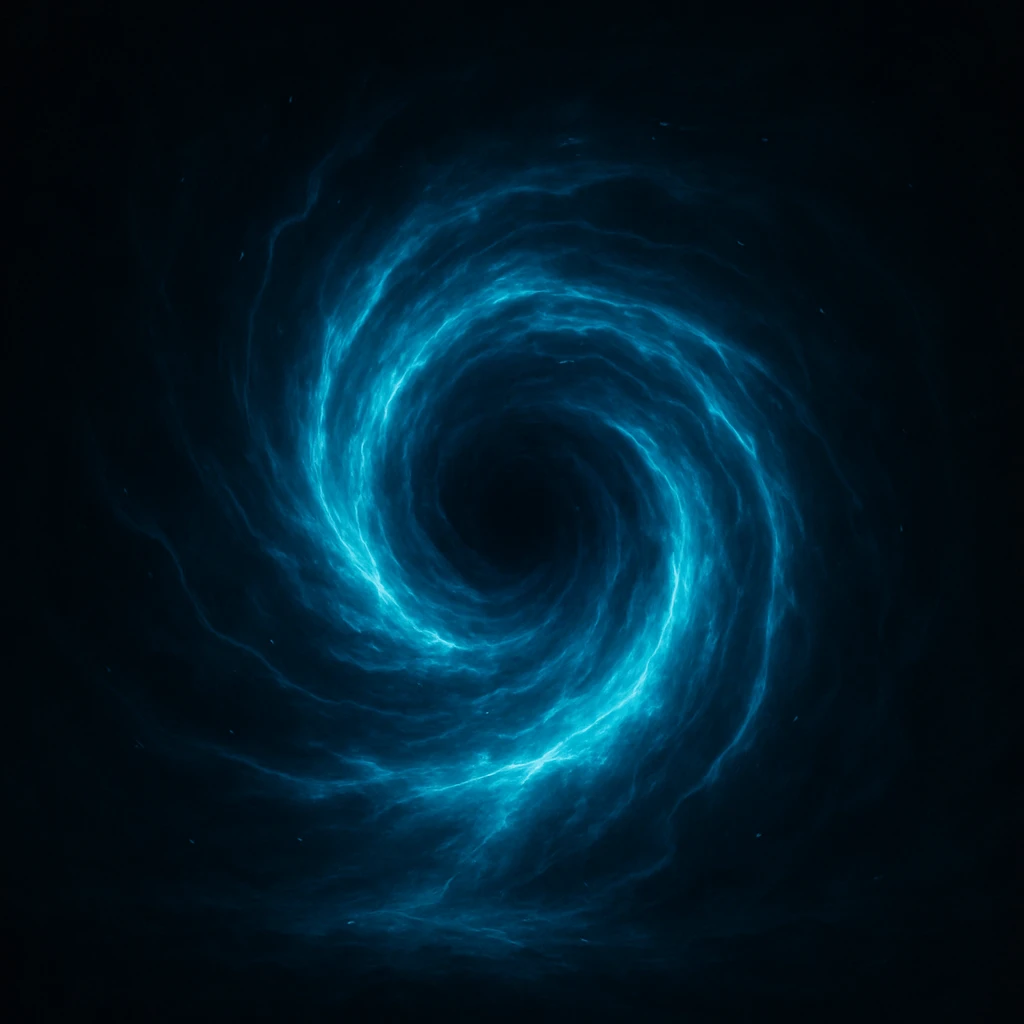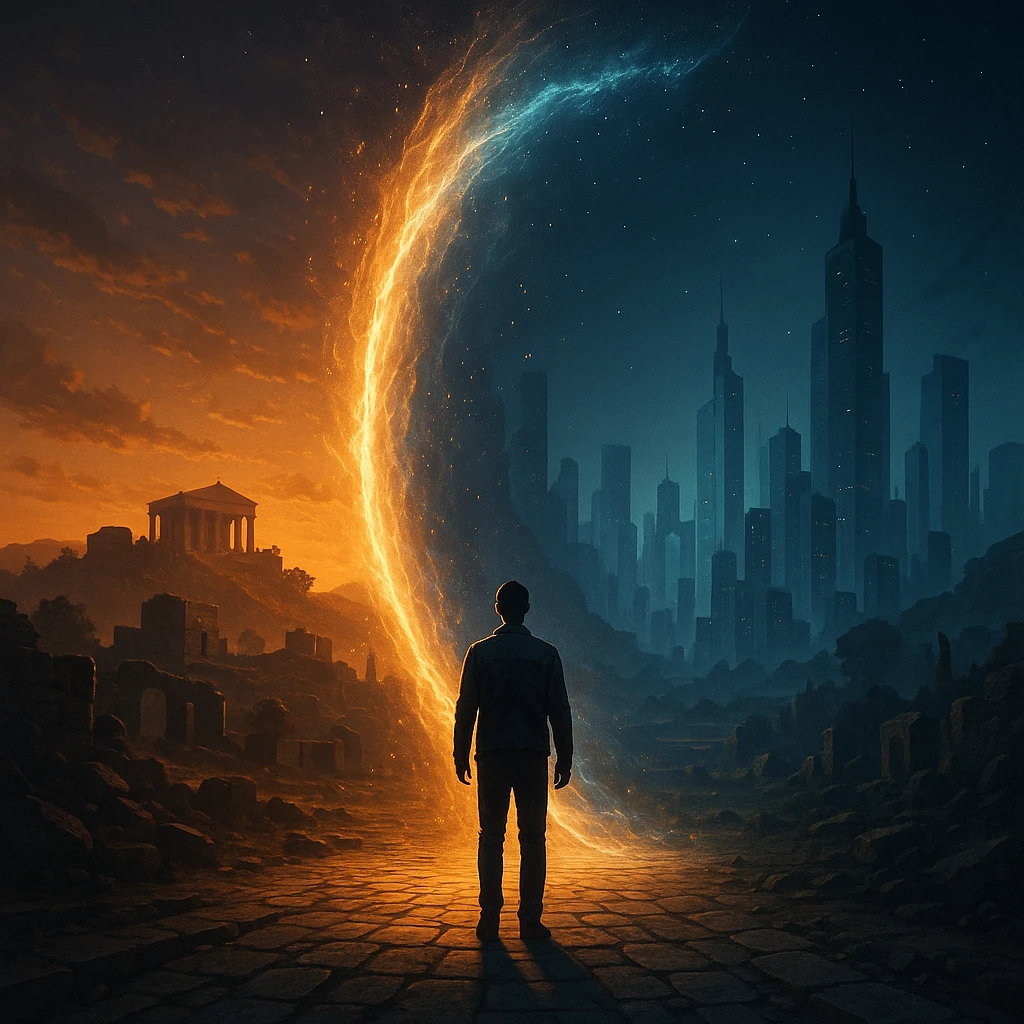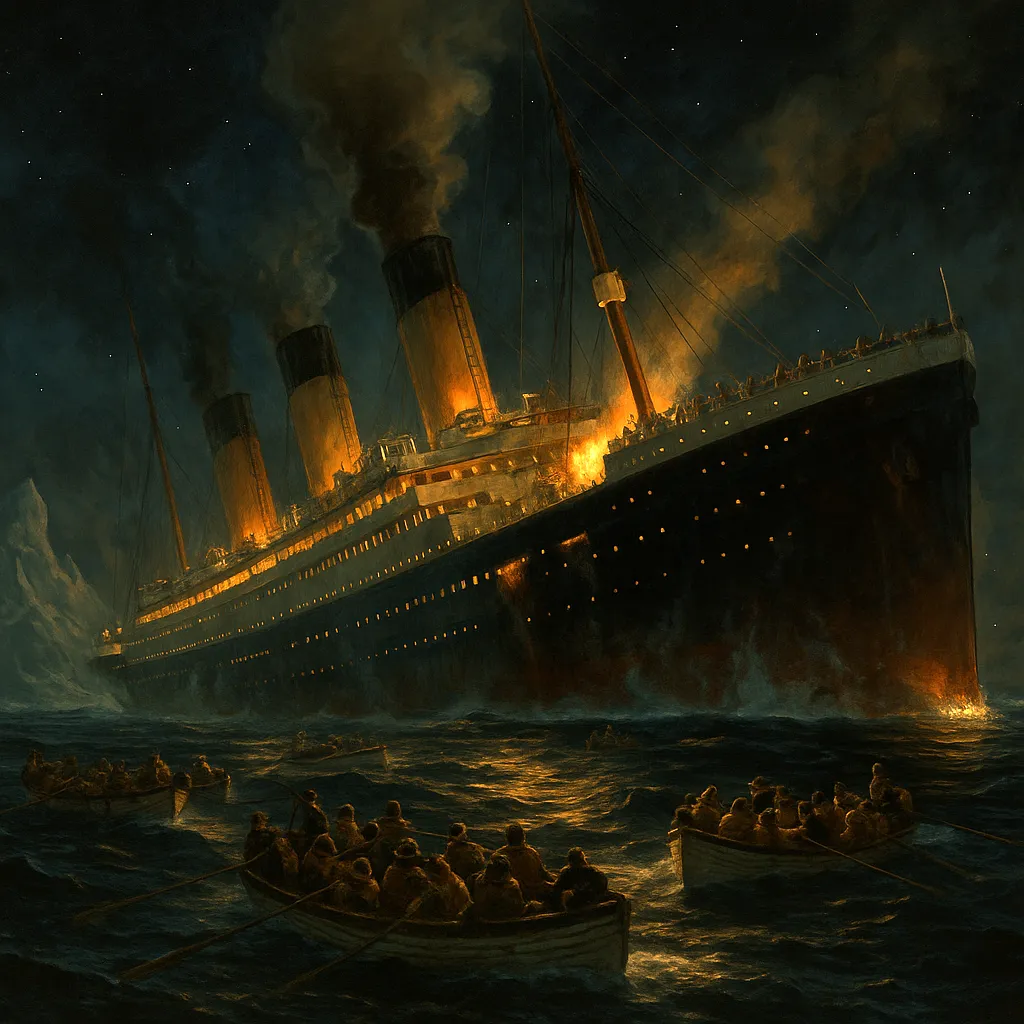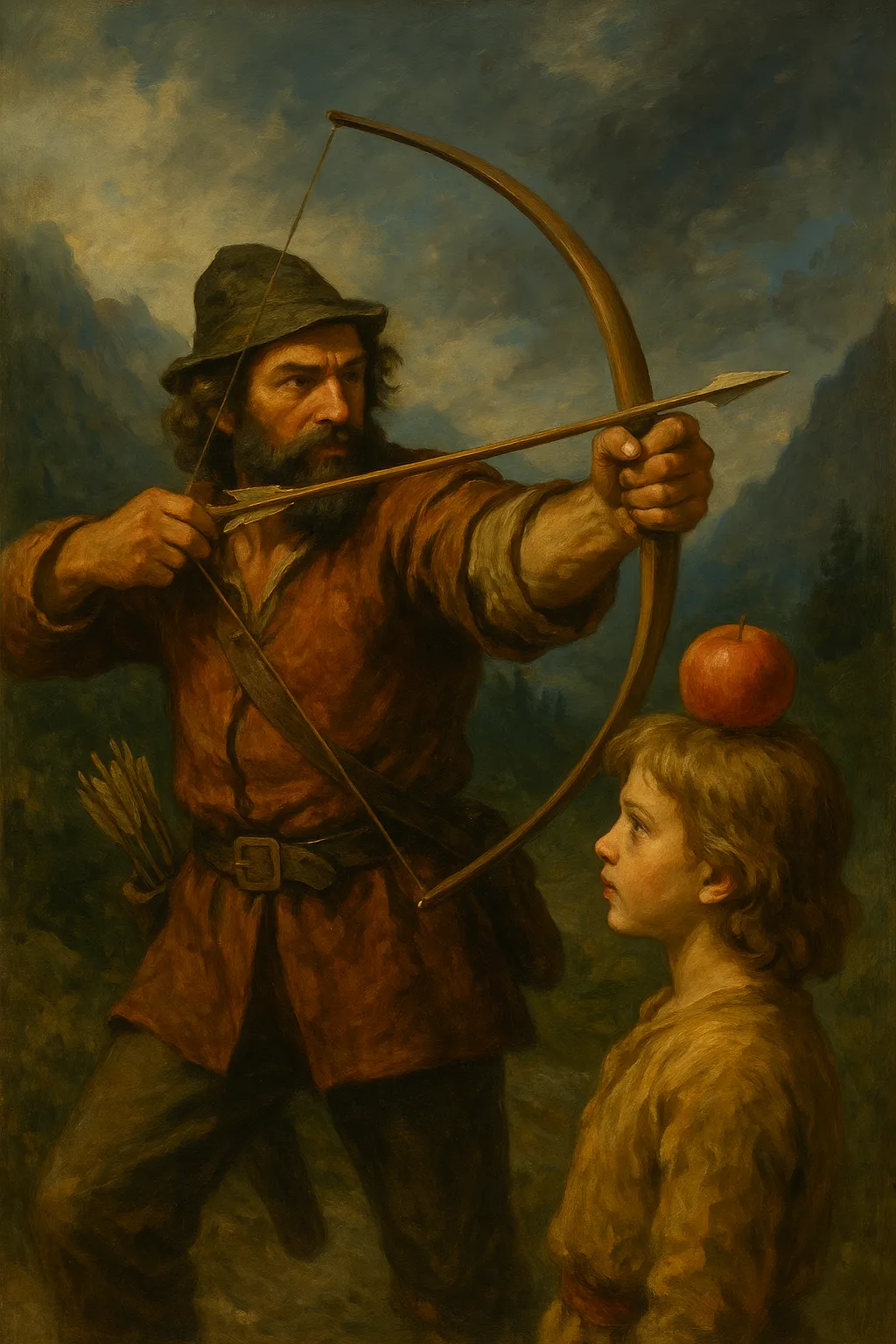What If All Knowledge Was Instantly Accessible?
Quick Answer: If all knowledge were instantly accessible, every human could tap into the total sum of human understanding. It could trigger an explosion of progress-or an existential crisis of meaning and purpose.
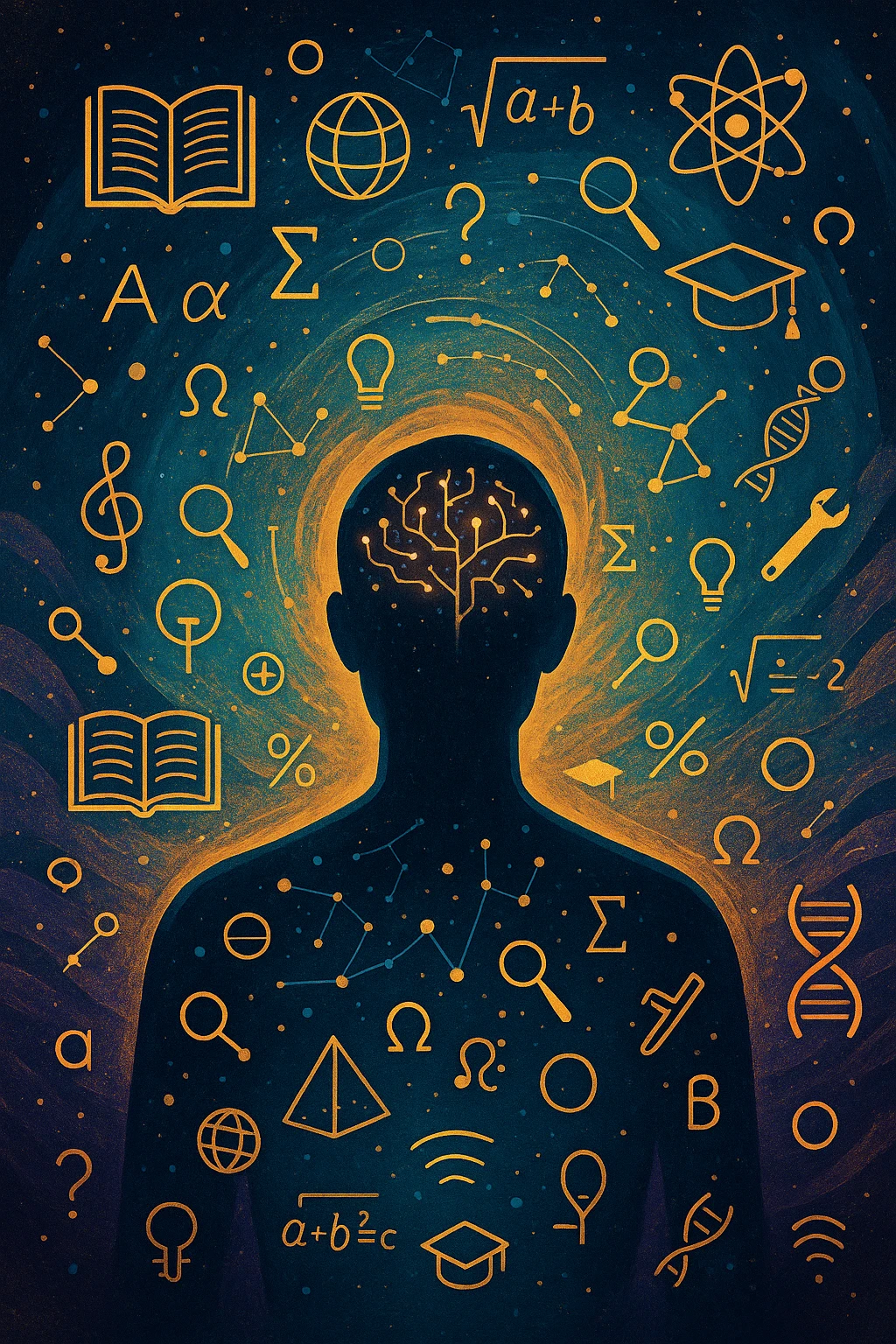
The Premise
We live in an age where information is everywhere, but access still takes time, effort, and often privilege. Now imagine a future where that barrier disappears. You do not need to search, read, or study-because you already know. Every person, regardless of background, can instantly access the complete sum of human knowledge. Science, history, languages, art, engineering-everything discovered, published, or recorded is available as easily as thought itself.
This would not be a search engine or encyclopedia. It would be seamless, automatic awareness. Need to fly a plane? You already know how. Want to speak a new language? You speak it fluently. Every answer is already in your mind, available the moment you think of the question. But with that gift comes a deeper question-what happens to curiosity, learning, and individuality when everyone knows everything?
The Science and Speculation
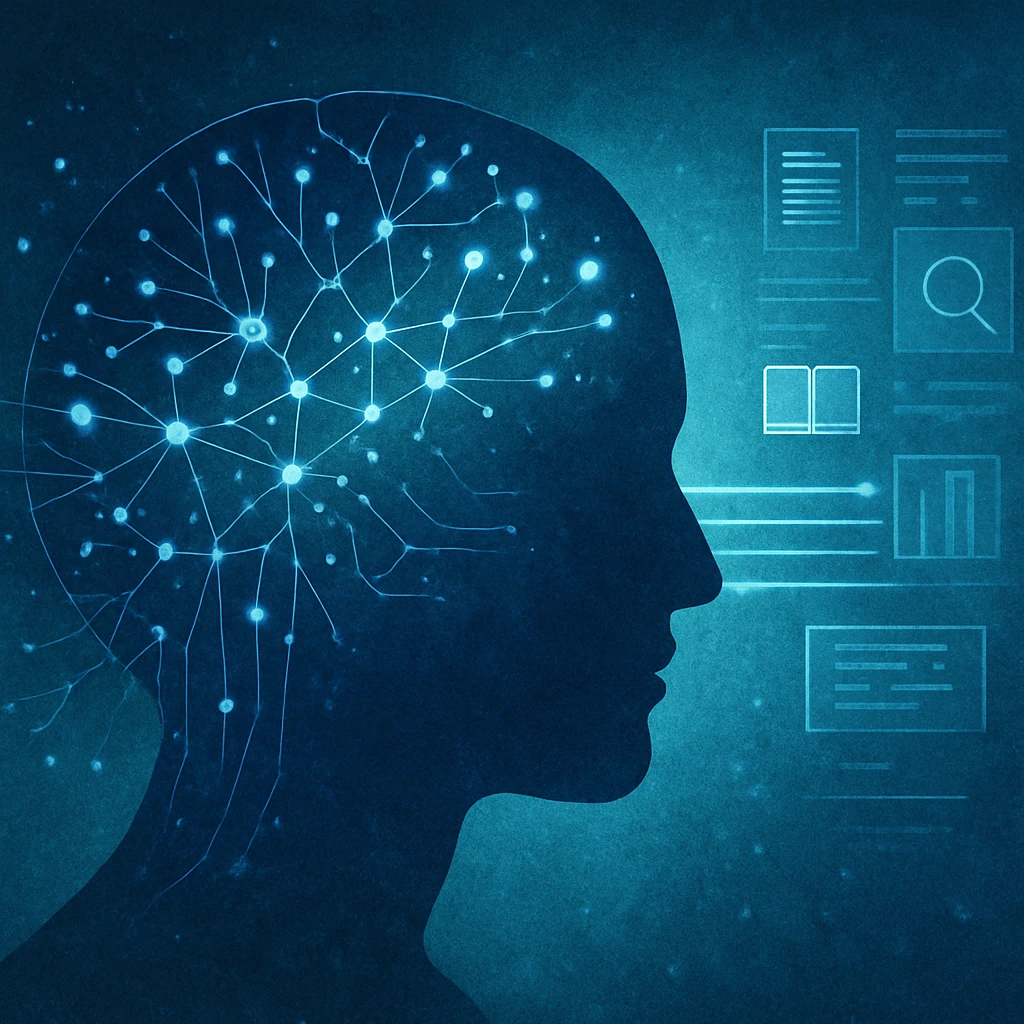
Instant access to knowledge challenges the very foundation of how the human brain functions. Today, memory is biological. It forms slowly through repetition, emotional imprint, and experience. But researchers in neuroscience are exploring how brain-computer interfaces could one day allow direct communication between neurons and machines. Experiments with implanted electrodes and noninvasive sensors have already shown the ability to transmit data, trigger memories, and even predict intentions. The idea of uploading or downloading information into the mind is no longer science fiction-it is now a serious area of exploration.
From a technological angle, artificial intelligence could play a central role. A future AI system might act as a real-time translator between human thought and the entire indexed knowledge of civilization. Think of it as a silent cognitive partner-responding to your questions before you ask them, suggesting paths before you imagine them. The interface might be neural, visual, or even subconscious. The effect would feel like intuition on overdrive: a kind of augmented awareness where everything is just known.
But this raises complex questions about the nature of consciousness. If facts can be installed without reflection, is that the same as understanding? Philosophers argue that knowledge is not just information-it requires meaning, interpretation, and context. Without struggle, there is no learning. Without learning, can there be growth? If the path to mastery is removed, do we still value what we know? The human identity has always been shaped by curiosity, error, and discovery. If these vanish, what takes their place?
There is also the question of memory overload. The brain is not a bottomless hard drive. Even with enhancement, constant streams of information could trigger confusion, fatigue, or loss of focus. Some thinkers speculate that minds in a world of total knowledge would become fragmented-unable to distinguish what they learned from what was given. The self might dissolve into a sea of input, unable to filter signal from noise. Paradoxically, the more we know, the harder it might be to think.
Possible Consequences
Instant access to all knowledge would change civilization in ways no one could fully control. While some effects might be inspiring-rapid innovation, global equality-others could be destabilizing or even dangerous. Here are just a few potential outcomes of a fully informed human species:
- The Collapse of Education: Schools, degrees, and lifelong learning might become obsolete. Without the need to study, the entire structure of education-from kindergartens to universities-could vanish or be reimagined as centers for emotional and ethical development rather than fact delivery.
- Loss of Discovery: If every answer is already known, the thrill of solving problems could fade. Curiosity might become a relic of the past. Inventors, artists, and scientists could feel redundant, knowing that every path has already been explored in some form.
- Social Equality-or Inequality: If the system is universal and fair, it could level the playing field and end information gatekeeping. But if access is limited, censored, or monetized, it could deepen global divides and turn knowledge into a new form of control.
- Psychological Overload: Minds might not be able to filter such vast data streams. The line between personal thought and external input could blur, leading to identity confusion, burnout, or even cognitive breakdown. People might forget what is theirs and what was given to them.
- Authority Breakdown: Experts, teachers, and leaders rely on knowing more than the average person. If everyone knows everything, traditional hierarchies could fall apart. Influence would shift from expertise to emotional intelligence, storytelling, or other human traits untouched by data.
- Criminal and Ethical Chaos: Anyone could instantly know how to build a weapon, bypass a system, or manipulate emotions. Unless paired with ethical constraints, universal knowledge might unleash as much harm as good.
The result could be a golden age of wisdom-or a collapse of meaning. In a world where knowledge is free and instant, humanity may need something deeper to hold onto-like purpose, restraint, or imagination.
In Pop Culture

The idea of unlocking all knowledge instantly has long fascinated storytellers. Films and books have explored both the empowerment and the downfall that can follow a sudden leap in mental ability. Often, these stories serve as cautionary tales-reminding us that knowing everything does not guarantee wisdom, peace, or happiness.
In the film Limitless, a struggling writer gains access to a pill that grants perfect recall, instant learning, and total cognitive clarity. At first, his life transforms. But as his intellect grows, so do the dangers. He becomes addicted, hunted, and psychologically unbalanced. The message is clear: knowing more does not mean understanding more.
In Transcendence, a scientist uploads his mind into an AI system, gaining access to all global data. The result is terrifying. He becomes godlike but disconnected from human emotion. As he spreads his intelligence, others question whether he is still the person they once knew or something far more alien.
Television series like Black Mirror also touch on the darker sides of perfect knowledge. Episodes explore memory implants, cognitive sharing, and reality overlays-all revealing how knowing too much can strain relationships, erode privacy, or destroy authenticity.
Even animation has tackled the theme. In Ghost in the Shell, characters fuse with global networks, gaining near-infinite data access-but often lose touch with their identity, memories, or moral compass. The pursuit of knowledge becomes a path toward becoming less human, not more.
Expert Take
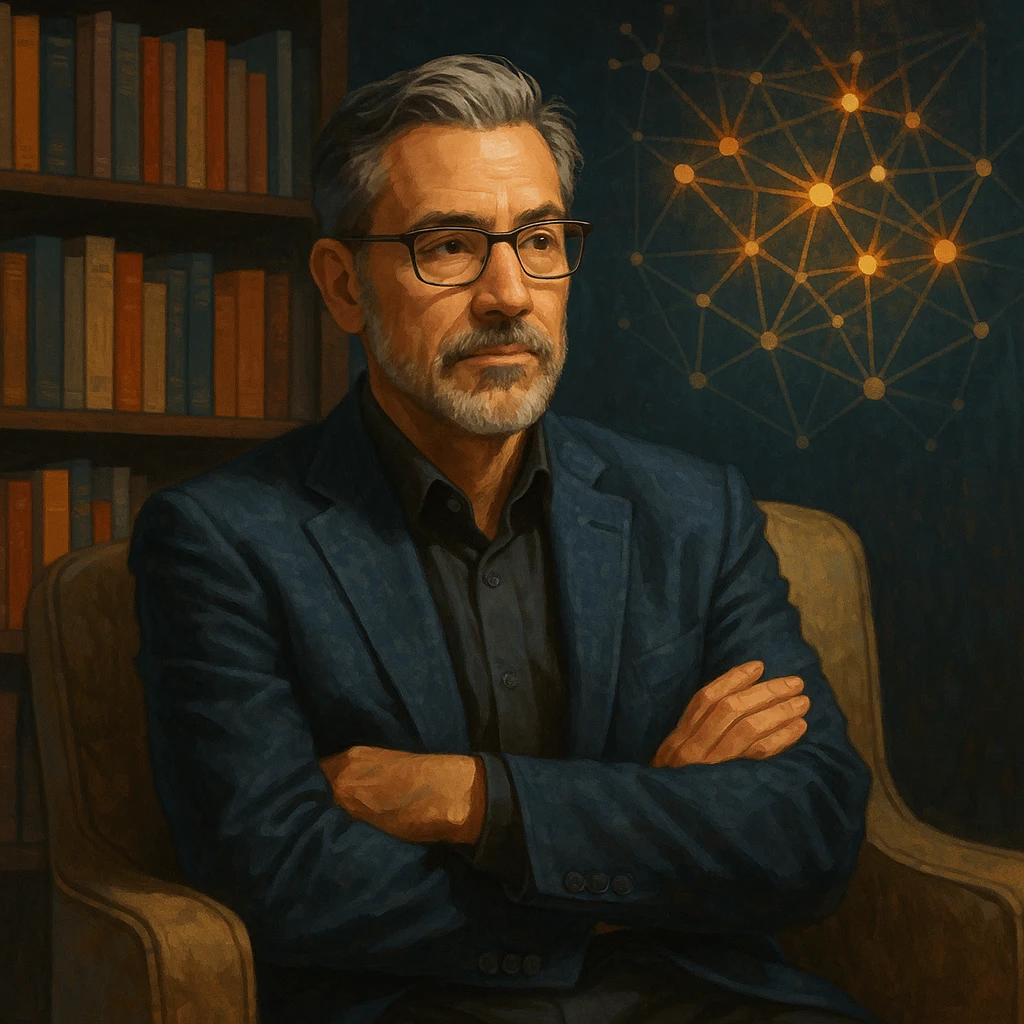
"Instant knowledge sounds like evolution-but without wisdom, it might lead to collapse," says Dr. Theo Marin, cognitive systems researcher at the Future Mind Lab. "Human minds were not designed to absorb everything at once. There is beauty and balance in learning slowly. Context gives facts their meaning."
Dr. Marin warns that when information arrives without effort, it loses something essential. "The struggle to learn is not a flaw-it is the process by which we connect knowledge to our values and emotions. If you bypass that, you risk knowing without caring, acting without thinking, and building without purpose."
He also raises concerns about identity. "If everyone has the same access to all knowledge, individual voices might disappear. What makes you unique if we all begin with the same library in our heads? The next frontier may not be intelligence-it may be restraint, interpretation, or even forgetting."
Skygaze Twist
What if true intelligence was never about how much you know-but what questions you choose to ask? In a world of instant answers, curiosity itself could become the last frontier. Perhaps the future belongs not to those who know everything, but to those who wonder what knowledge still cannot touch.
What About You?
If you could instantly access all knowledge, would you still feel the need to explore? Would you become more curious-or less human? What truths would you seek first? Think it over, and keep digging into more bold ideas here on Skygaze.




